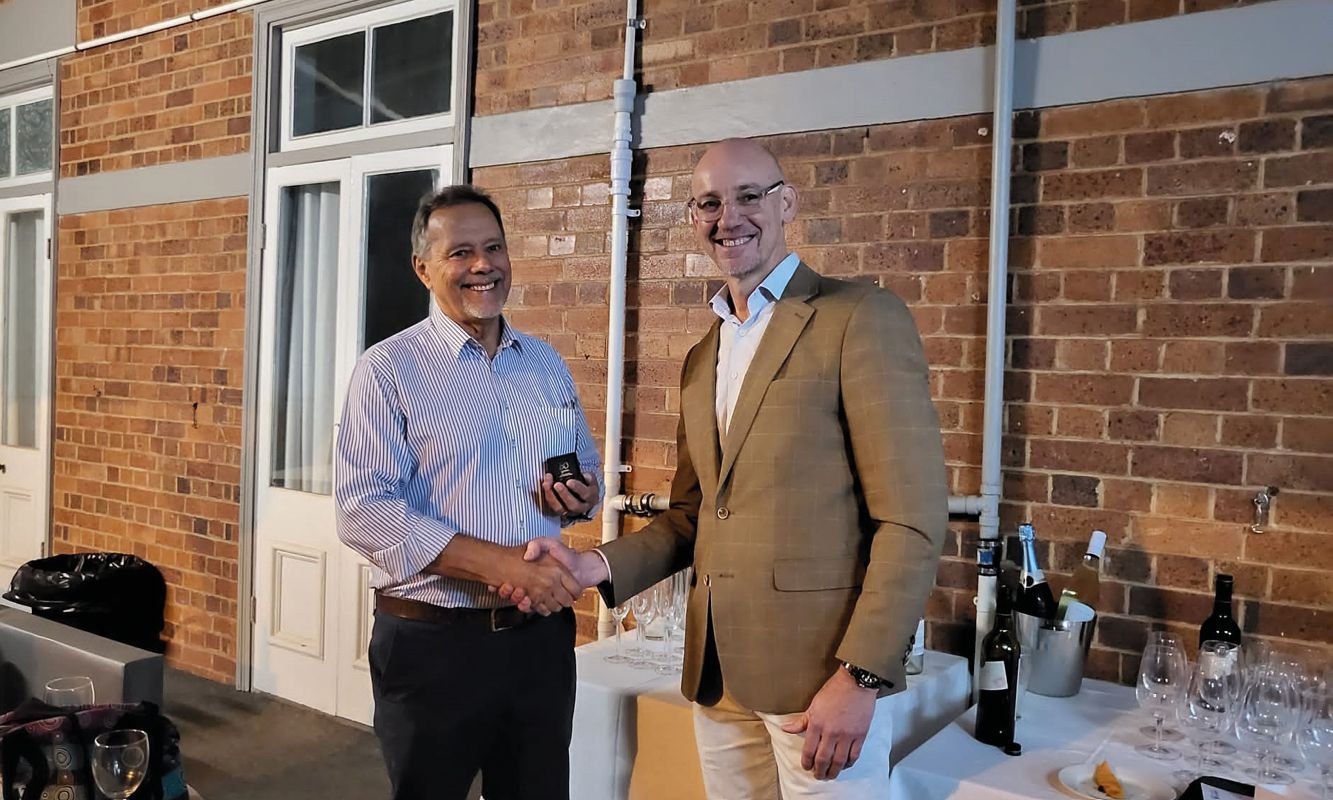
Hailstorm heralds 50-year ceremony
Trevor Gibson received his 50-year QLS membership pin last week from CEO Rolf Moses.
QLS appreciates the commitment of its members. Each year we celebrate our loyal members who have contributed a remarkable 25 and 50 years to the society and the profession at our annual, state-wide Celebrate Recognise and Socialise events.

Trevor Gibson received his 50-year QLS membership pin last week from CEO Rolf Moses.
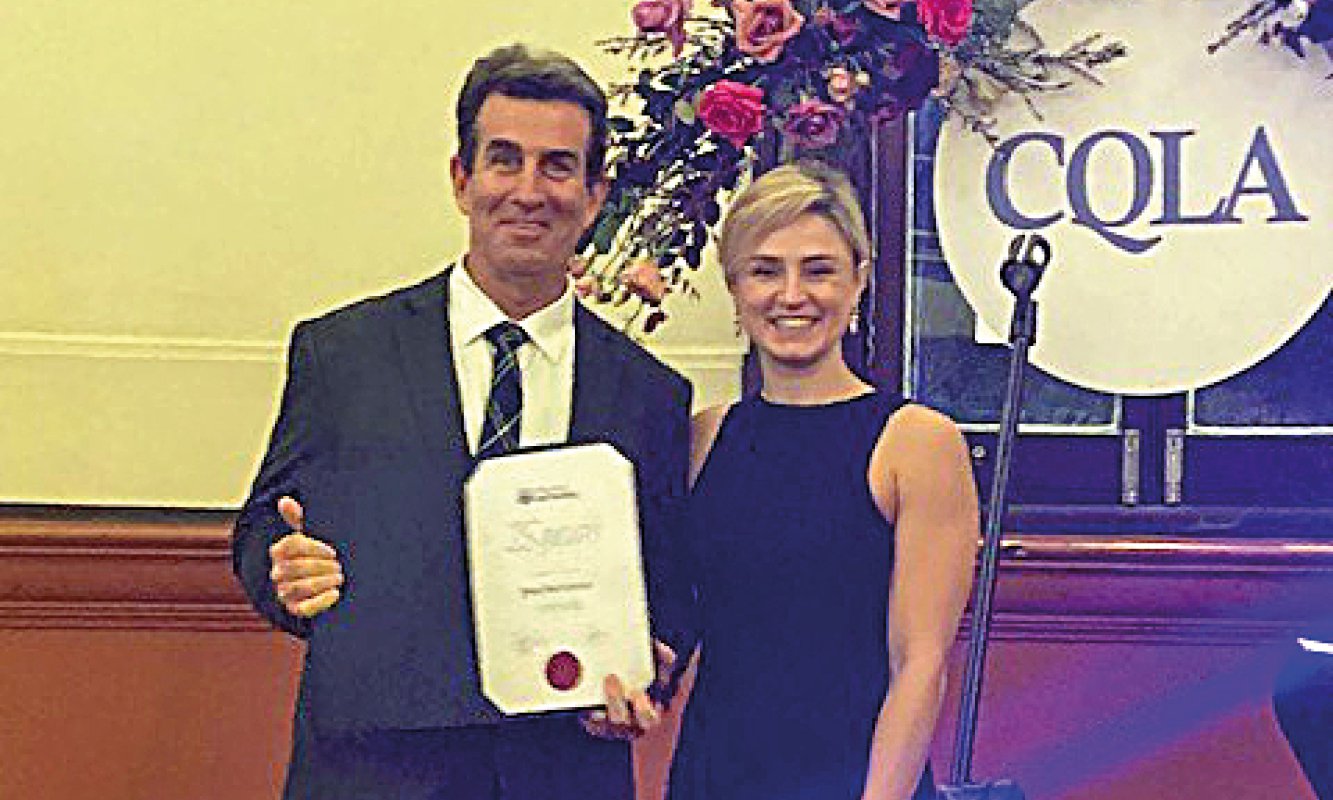
It’s a long way to the top according to Principal Lawyer Brian McGowran.
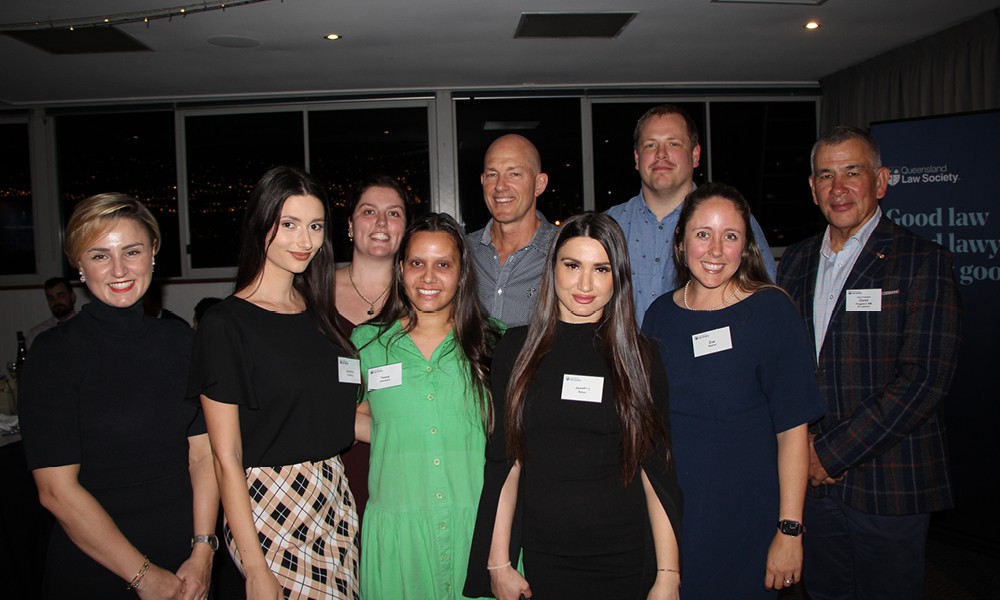
The Sunshine Coast Law Association is the second largest DLA in the state, with 497 current practising certificate holders across the region.
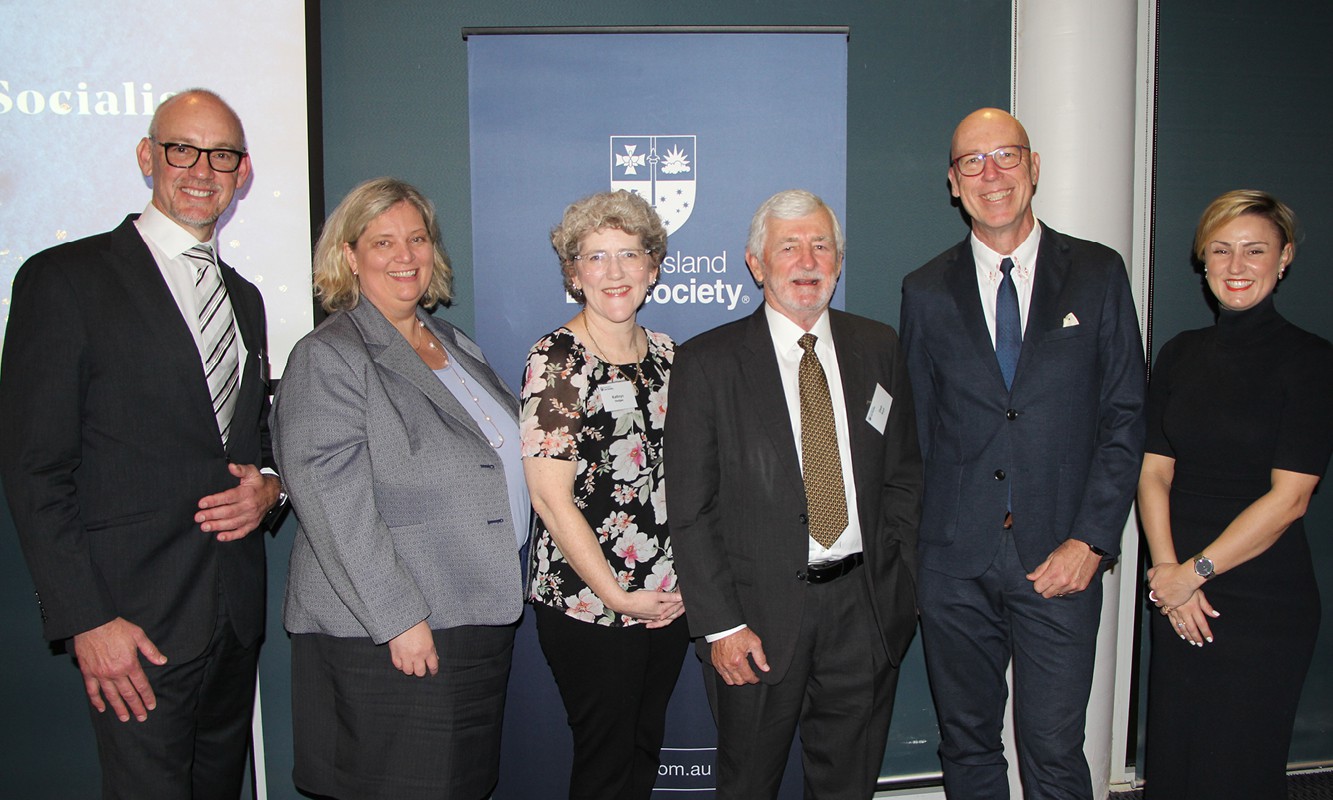
Over the next two decades, he was widely regarded as the architect of the first international legal practice in Australia, Norton Rose Fulbright.
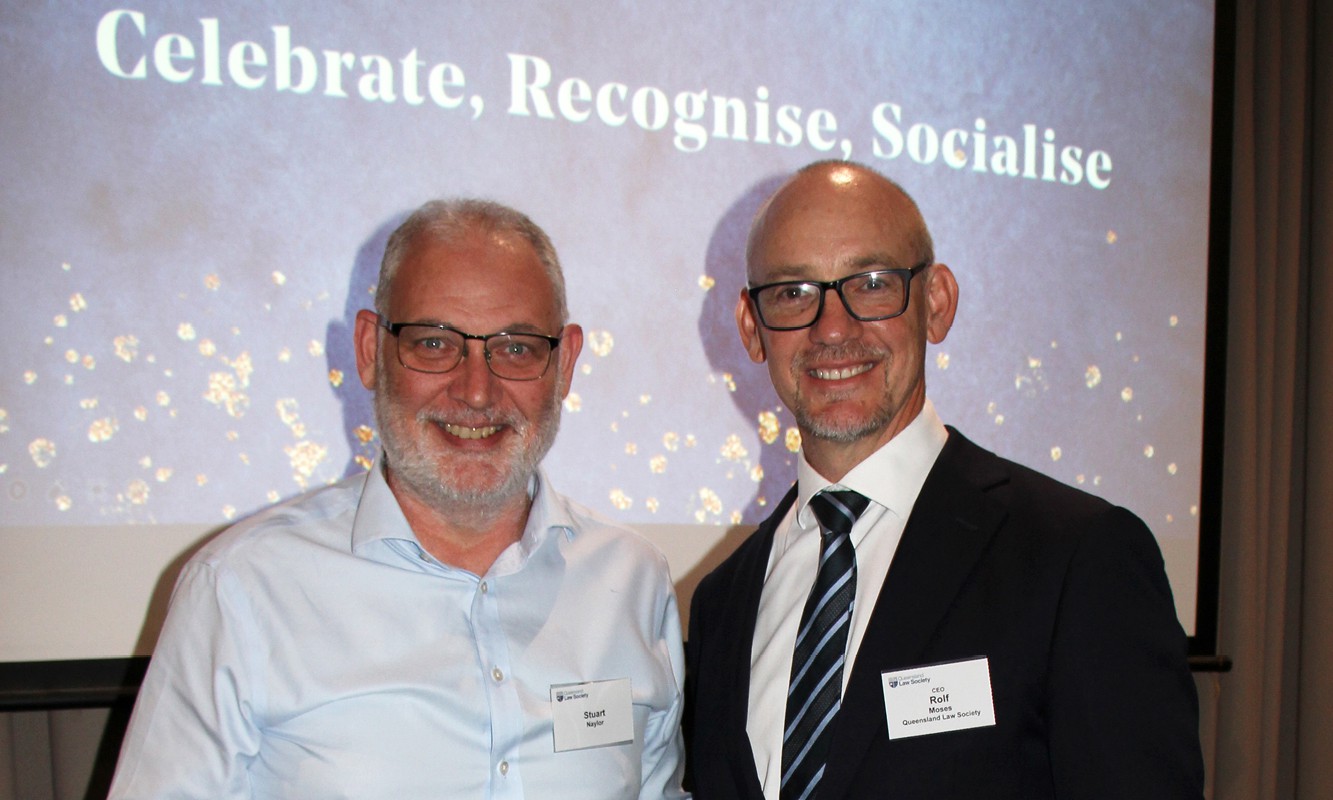
Despite the QLS President’s plane being turned around, Tuesday night’s Celebrate, Recognise, Socialise event went ahead with Stuart Naylor receiving his 25-year pin.
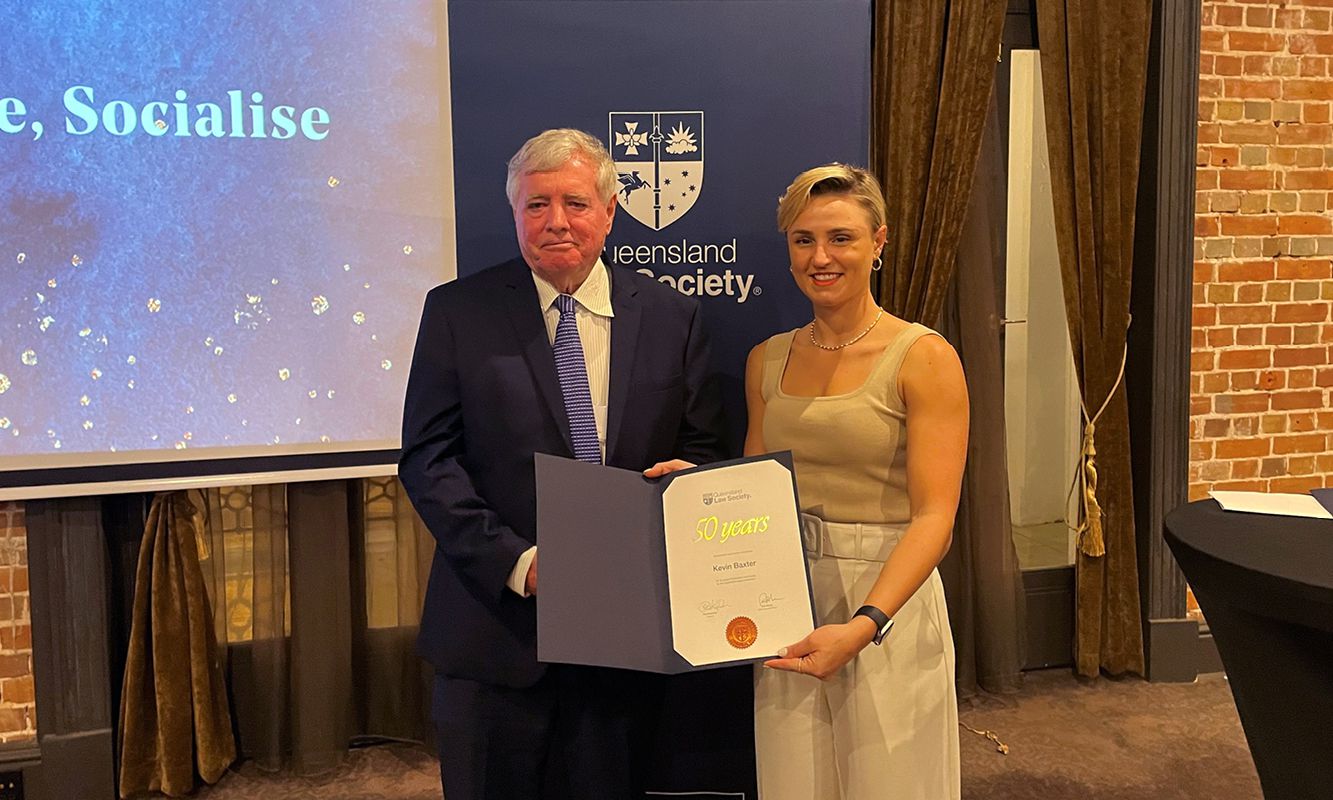
The Ruddy, Tomlins & Baxter (RTB) Director was presented with a Queensland Law Society 50-year membership pin at the Celebrate, Recognise, Socialise event in Townsville.
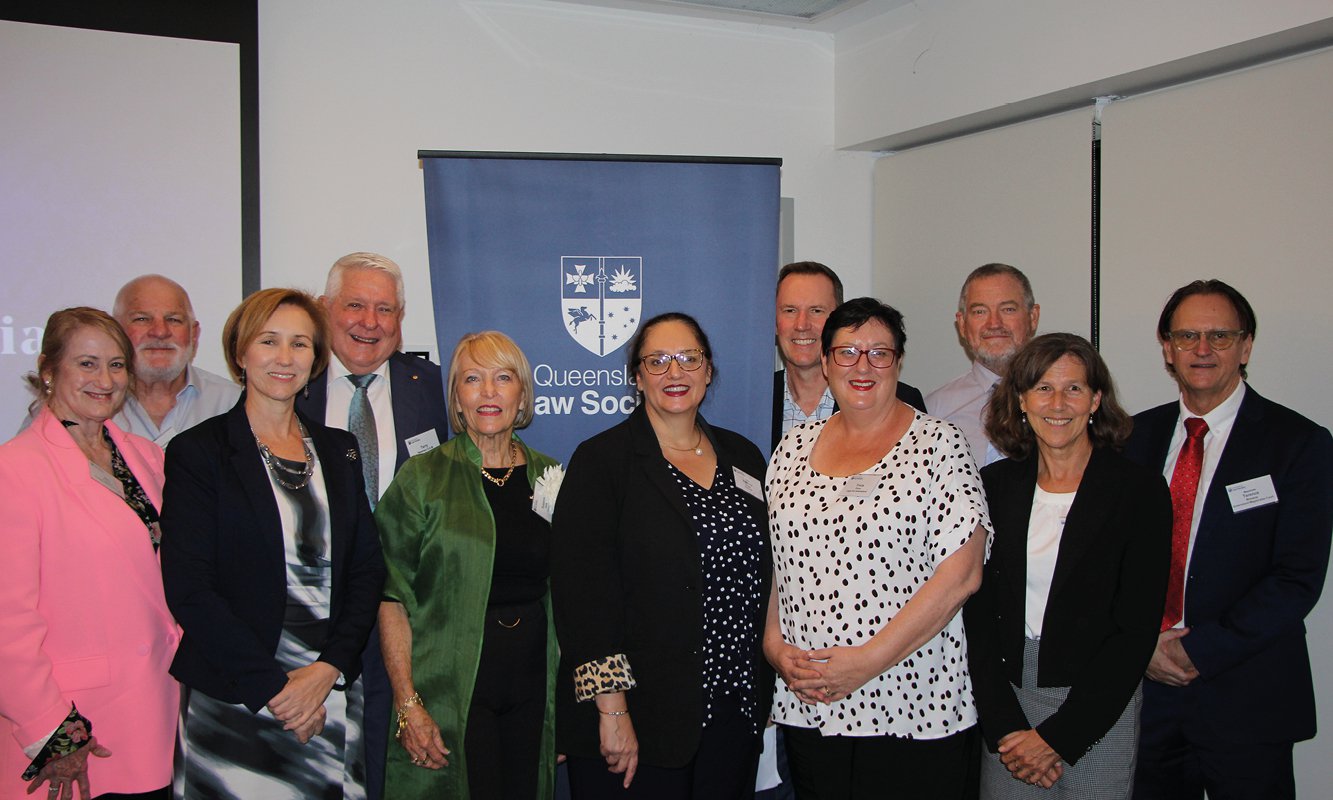
The Cairns Celebrate, Recognise, Socialise event was held last week. Photos: Supplied
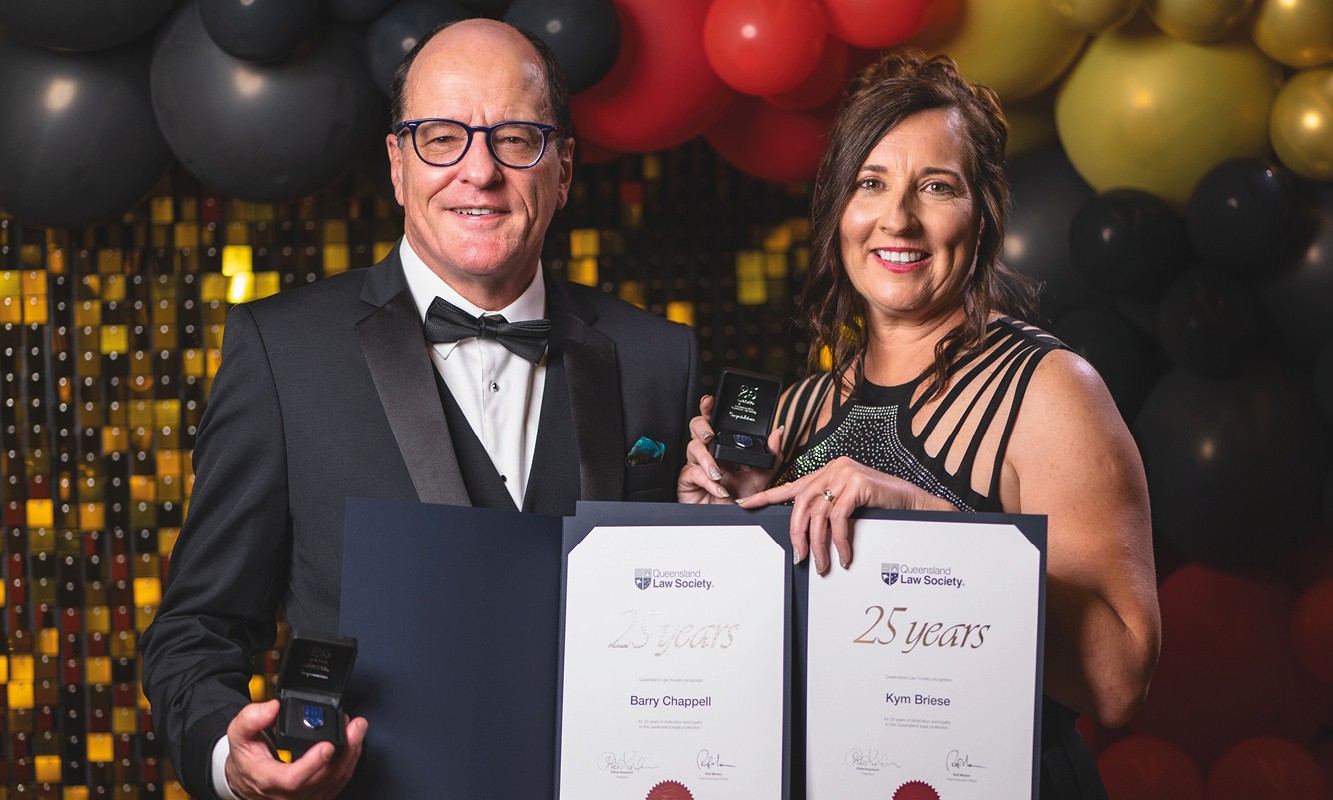
Toowoomba lawyers were recognised for 25-year QLS membership at DSWQLA Awards and Ball.
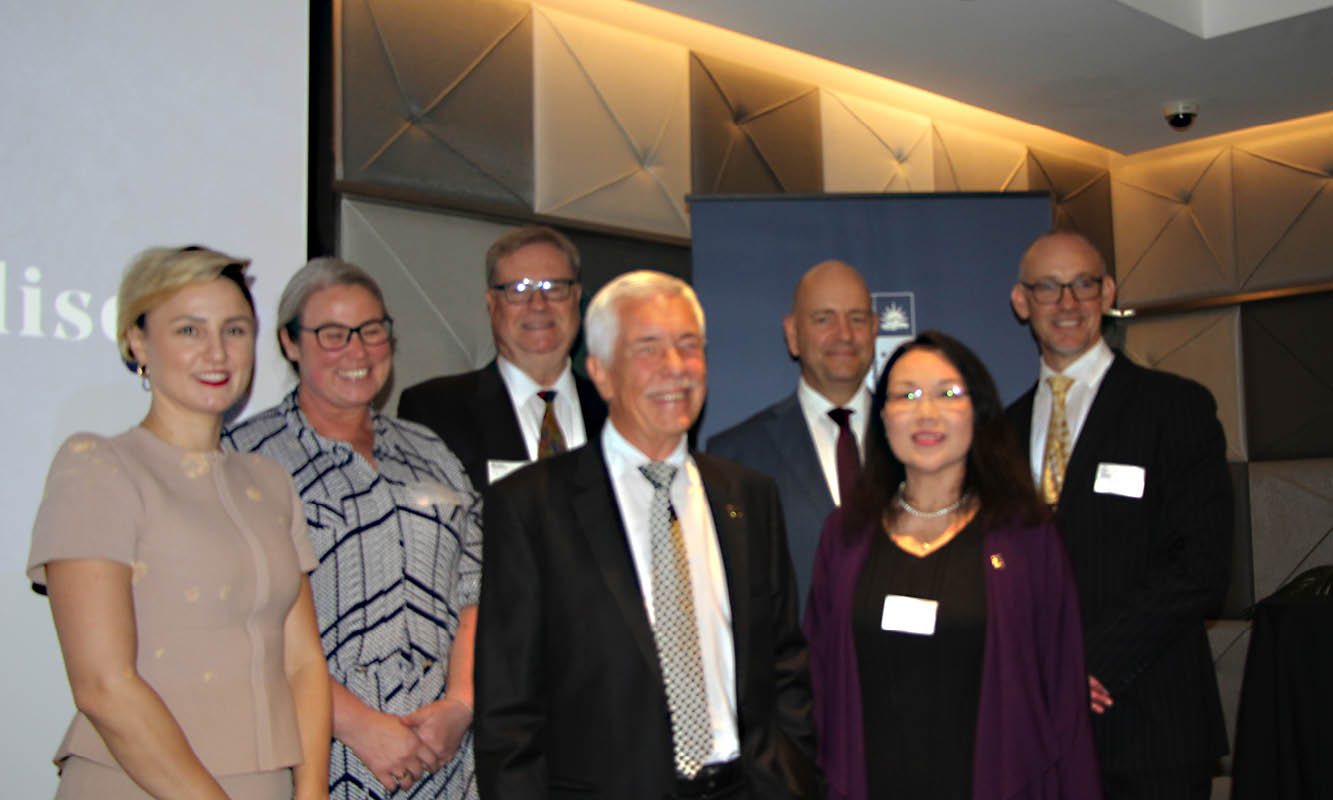
Keith Bow and Michael Goodman were among those acknowledged at the Gold Coast CRS event on Thursday.
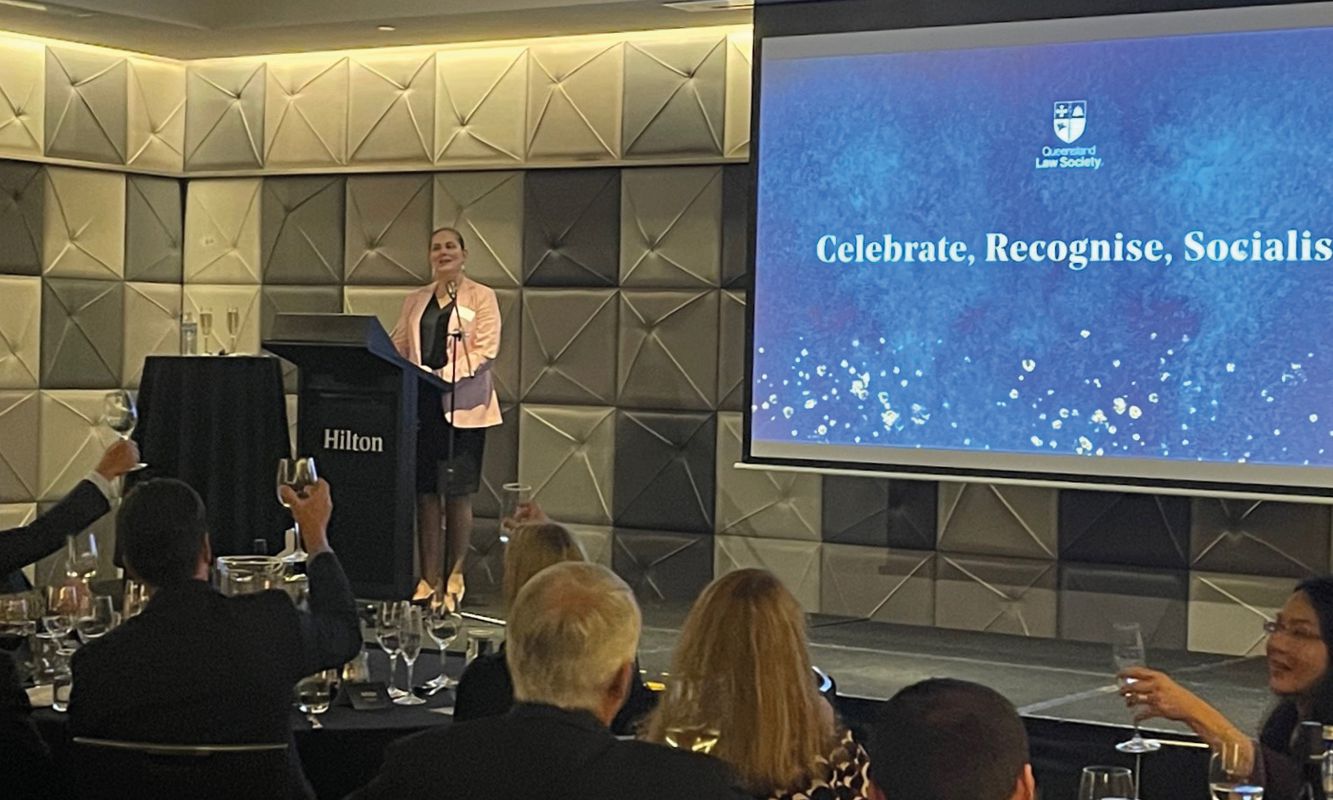
Shows like Rumpole of the Bailey and Paper Chase on Malaysian television inspired Gold Coast Principal Jade Chee growing up.
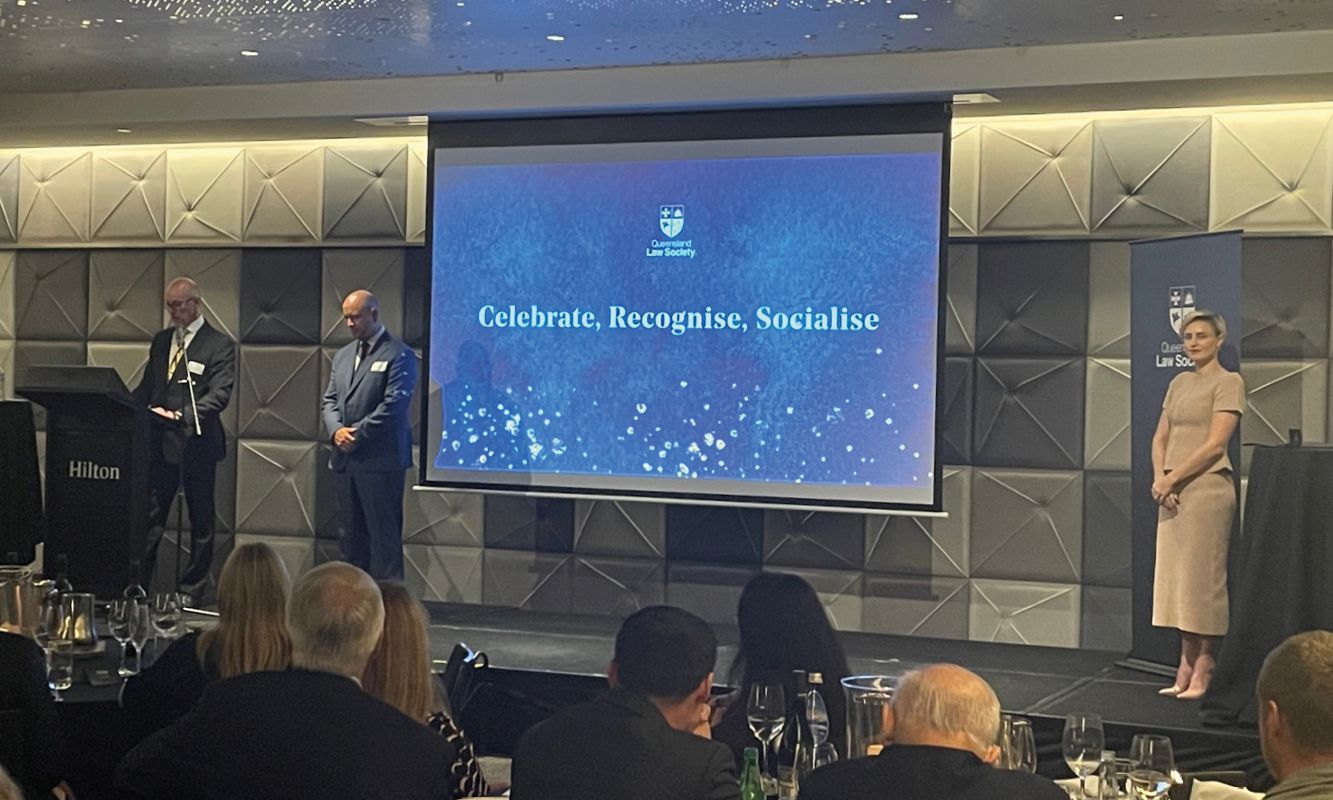
Dr Frank Dwyer could see the benefits of forging relationships with Japan back in the eighties and encouraged his son Frank to study Japanese and law.
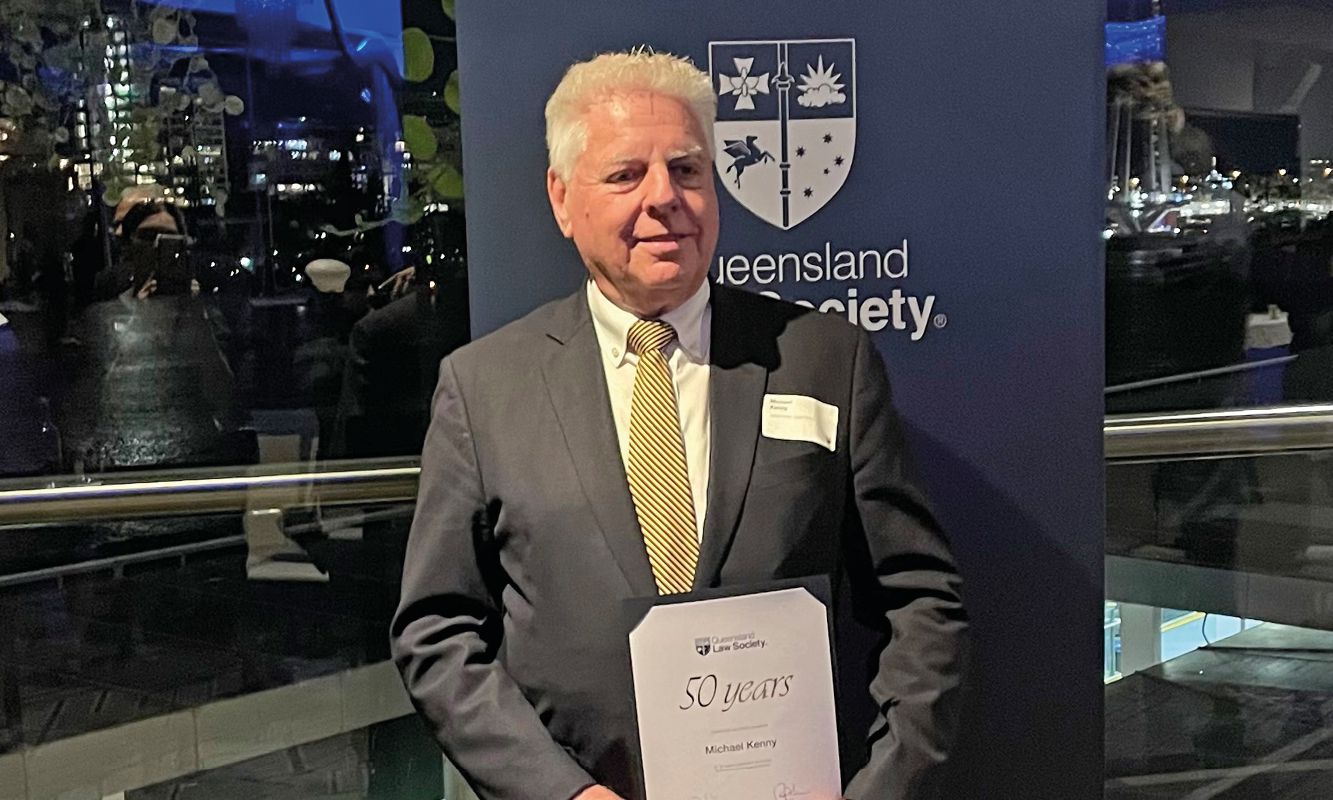
The Queen Street Legal Group Principal was one of six 50-year Queensland Law Society pin recipients last night at the Celebrate, Recognise, Socialise event in Brisbane.
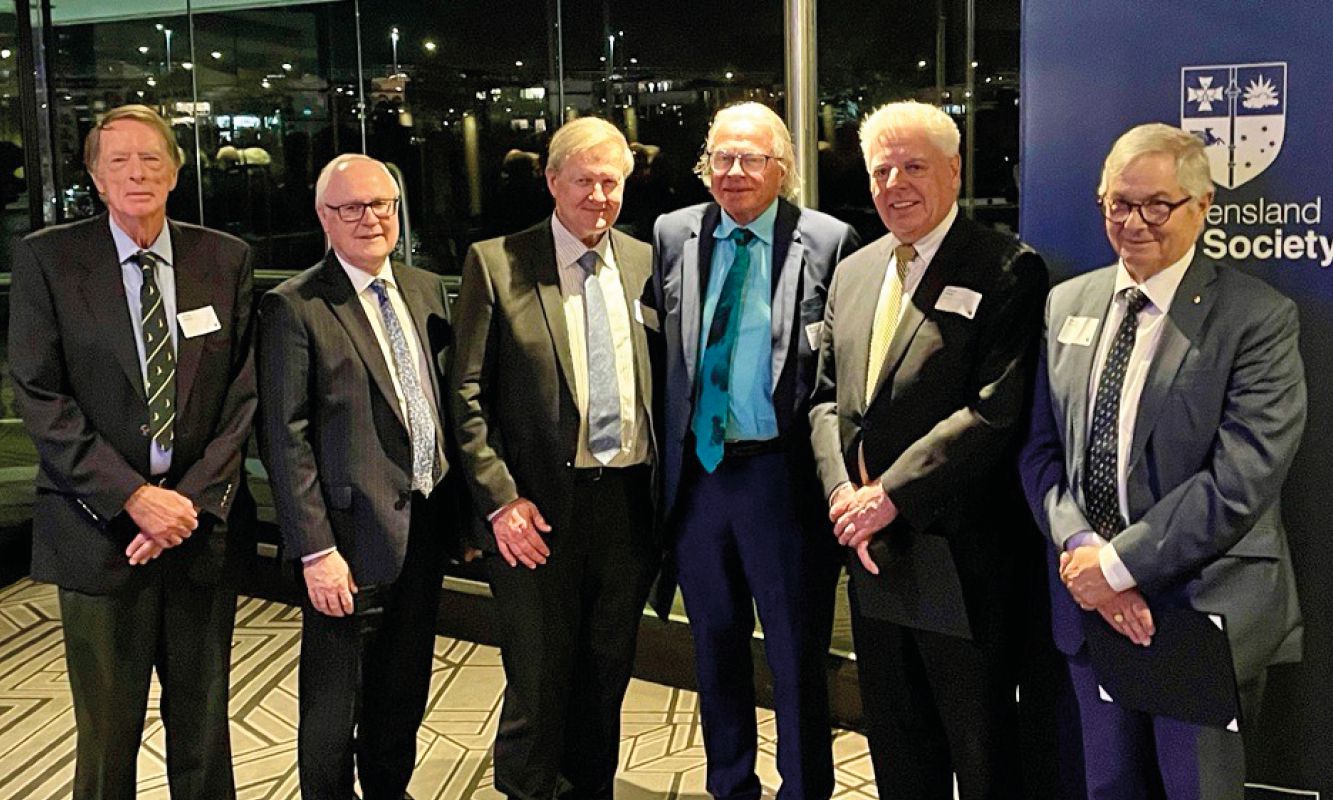
Dr de Groot was one of six 50-year QLS pin recipients who received a gold pin from current President Chloé Kopilović under a new recognition format.
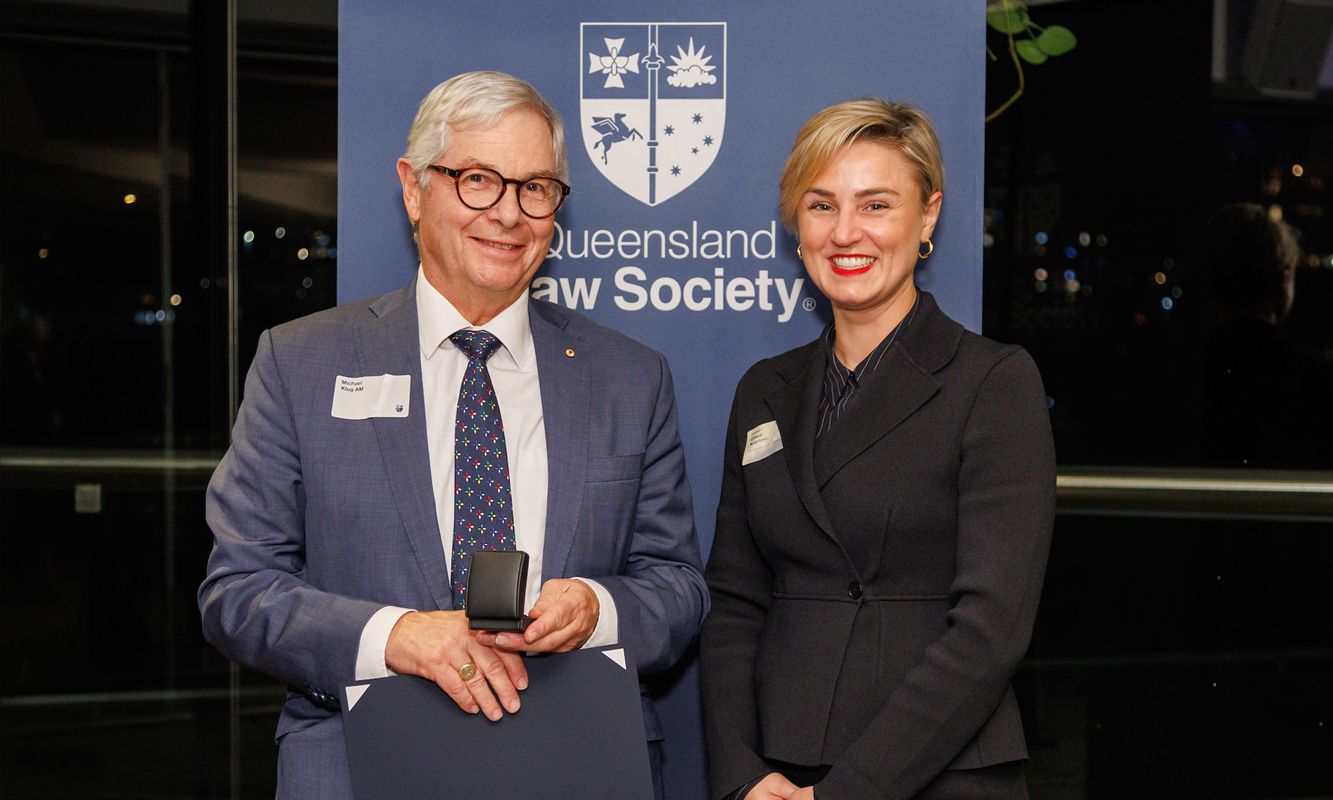
Michael Klug was also one of five lawyers who founded Lawyers Engaged in Alternative Dispute Resolution (LEADR), now the Resolution Institute.
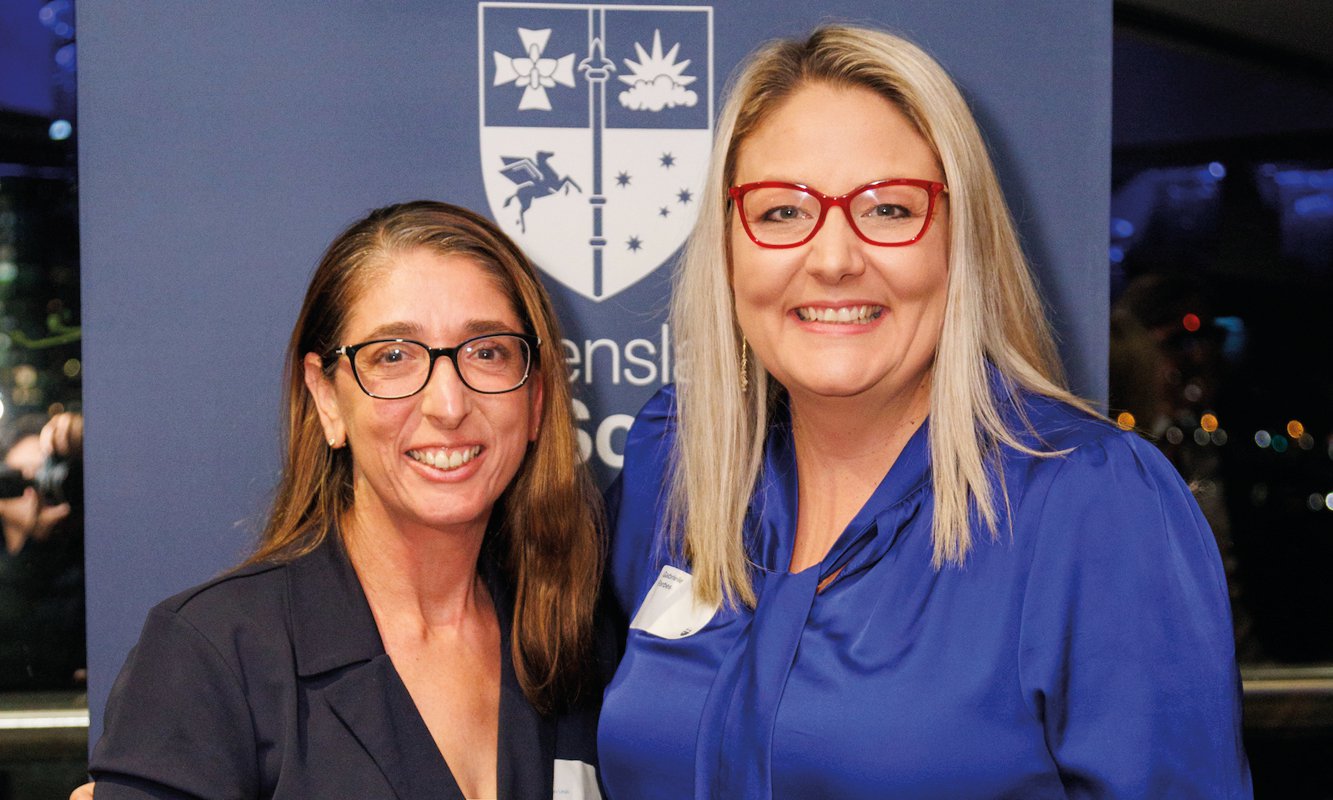
Ashurst Managing Partner Gabrielle Forbes reflects back on her 25 years in the law.
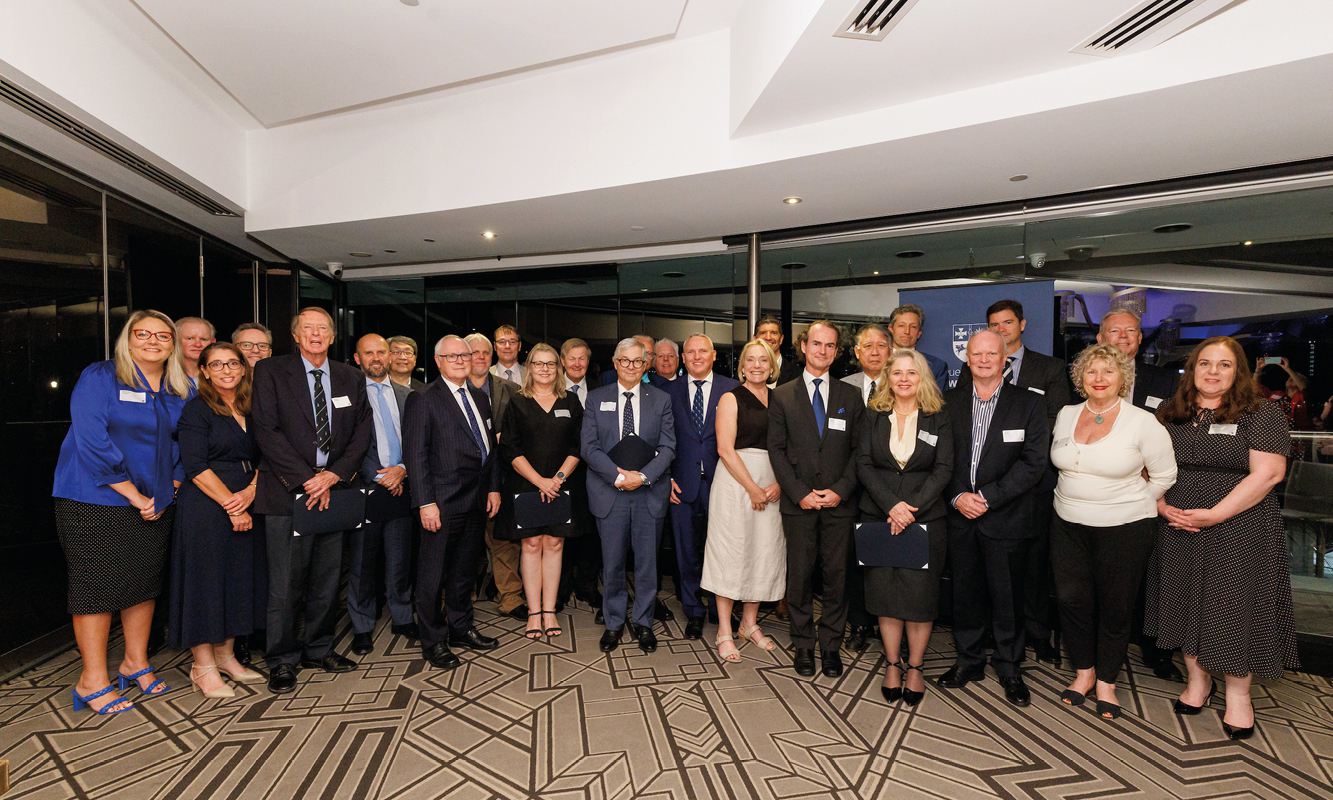
The Principal of Susan Moriarty & Associates was one of 22 QLS members to be acknowledged for her professionalism at the Celebrate, Recognise, Socialise event.
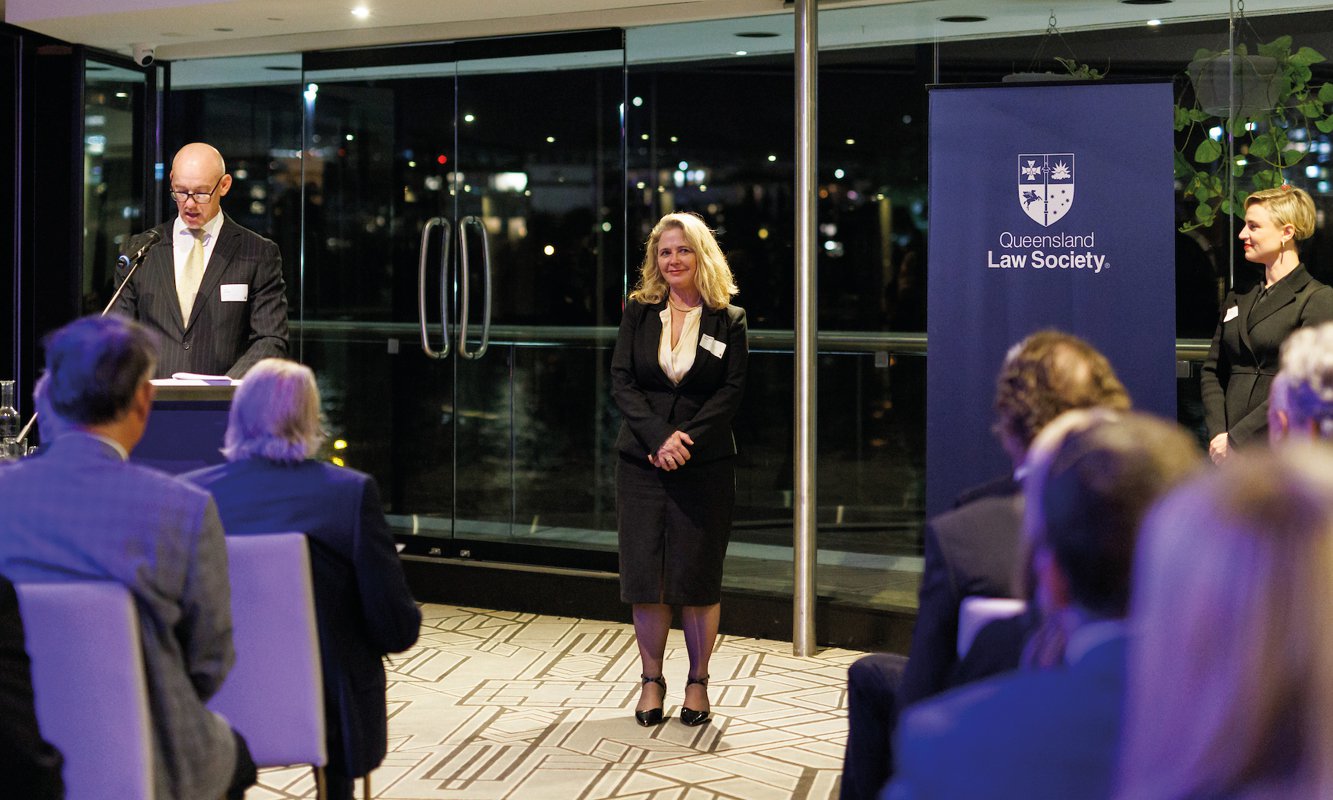
A Senior Associate at Michael Lynch Family Lawyers, Kathleen was one of 22 lawyers recognised for 25 years of QLS membership at the Celebrate, Recognise, Socialise function in Brisbane late last week.
Meet this year’s QLS Excellence in Law Award winners
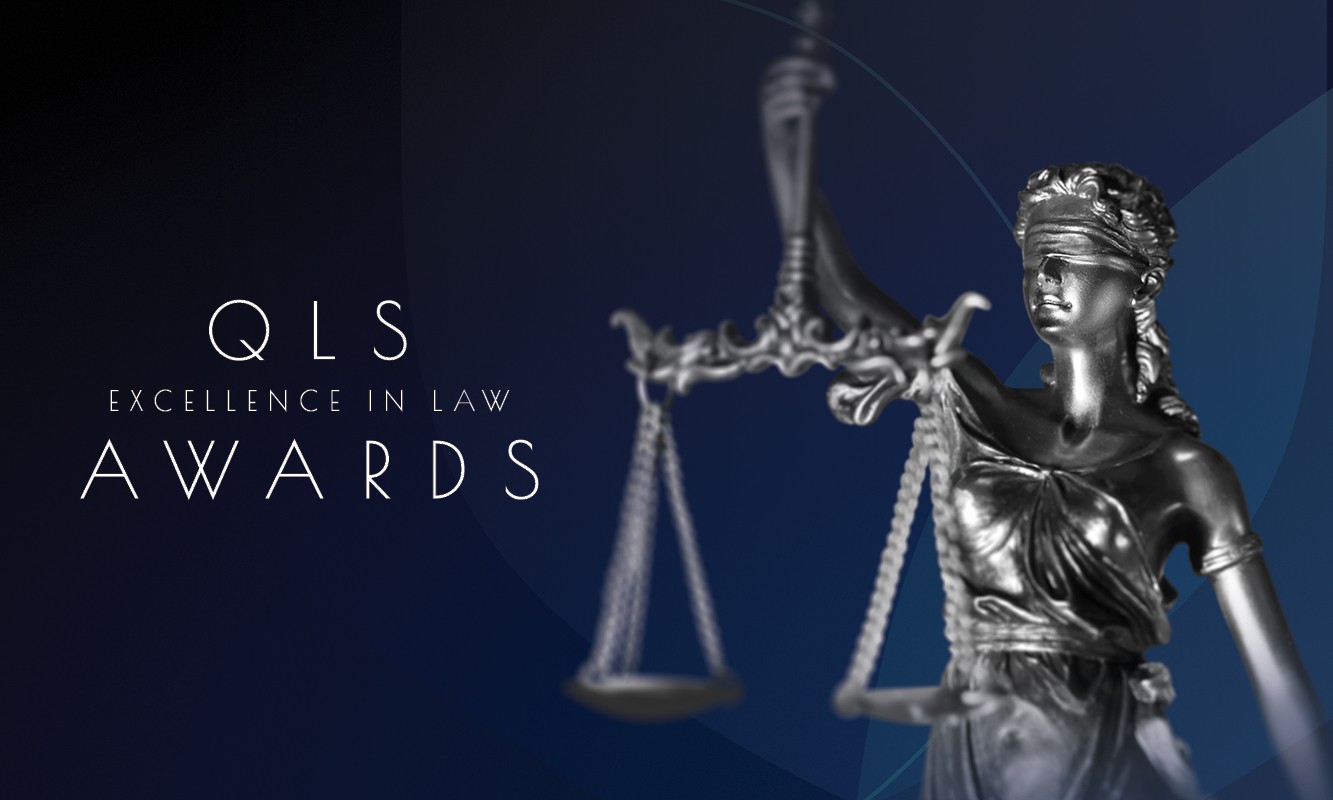
For the first time, the Pride in Law Award winner will be announced as part
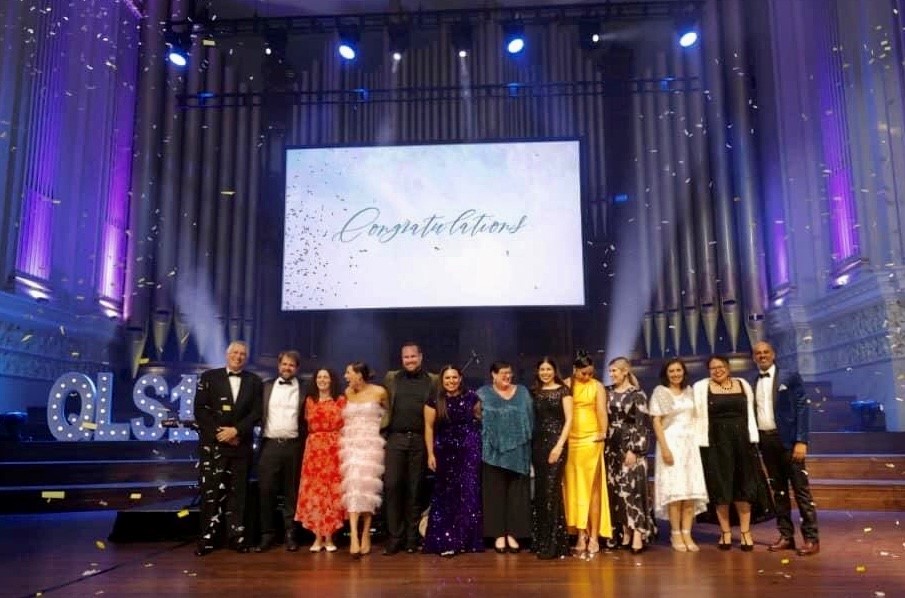
There was strong support for the finalists at the 2023 Queensland Law Society Excellence in Law Awards at Brisbane City Hall last night.
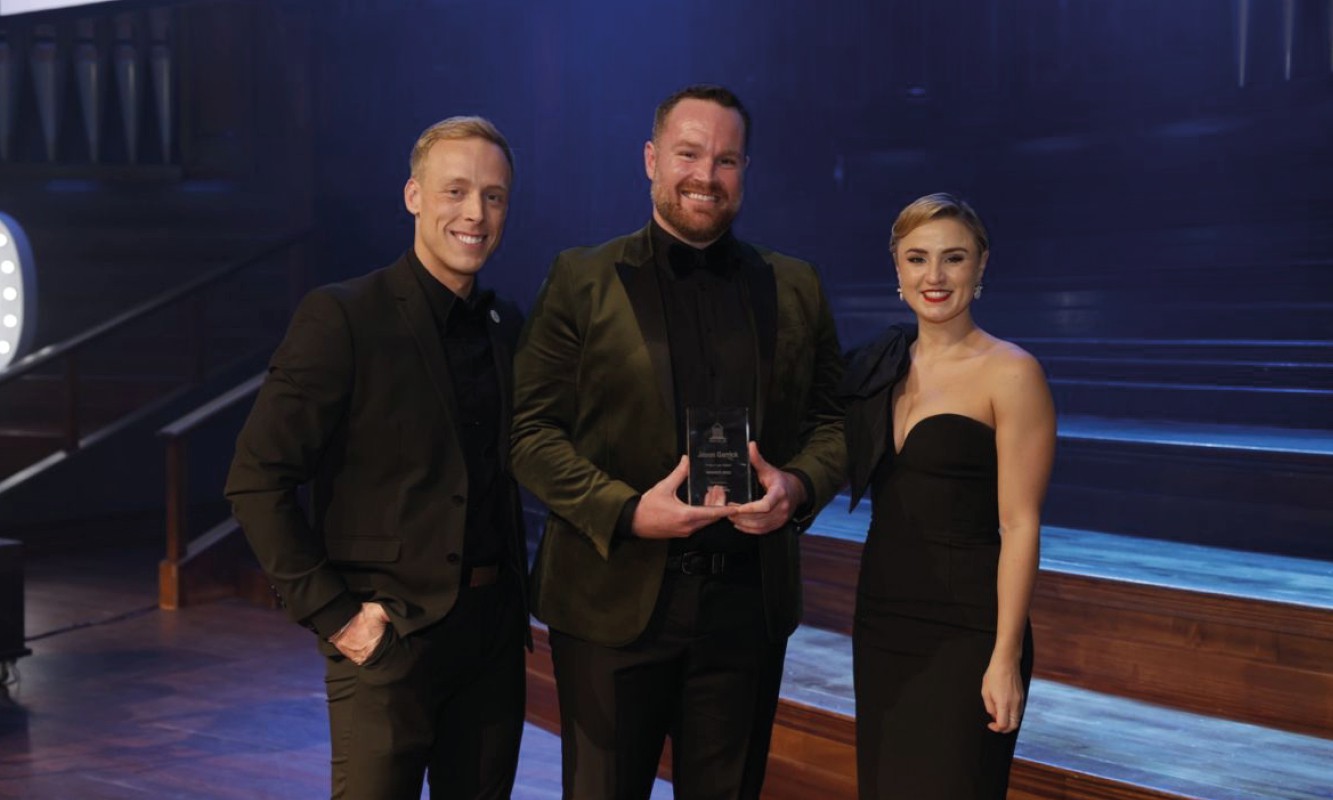
Meet this year’s QLS Excellence in Law Awards winners – Jason Garrick

Meet this year’s QLS Excellence in Law Award winners – Thelma Schwartz, Ceferina Villarin, Lorelei Billing

Meet this year’s Excellence in Law awards winners – Bianca Stafford and Arabella Kullack

Meet this year’s QLS Excellence in Law Awards winners – Hazrabee Mustaffa, Adair Donaldson and Giri Sivaraman
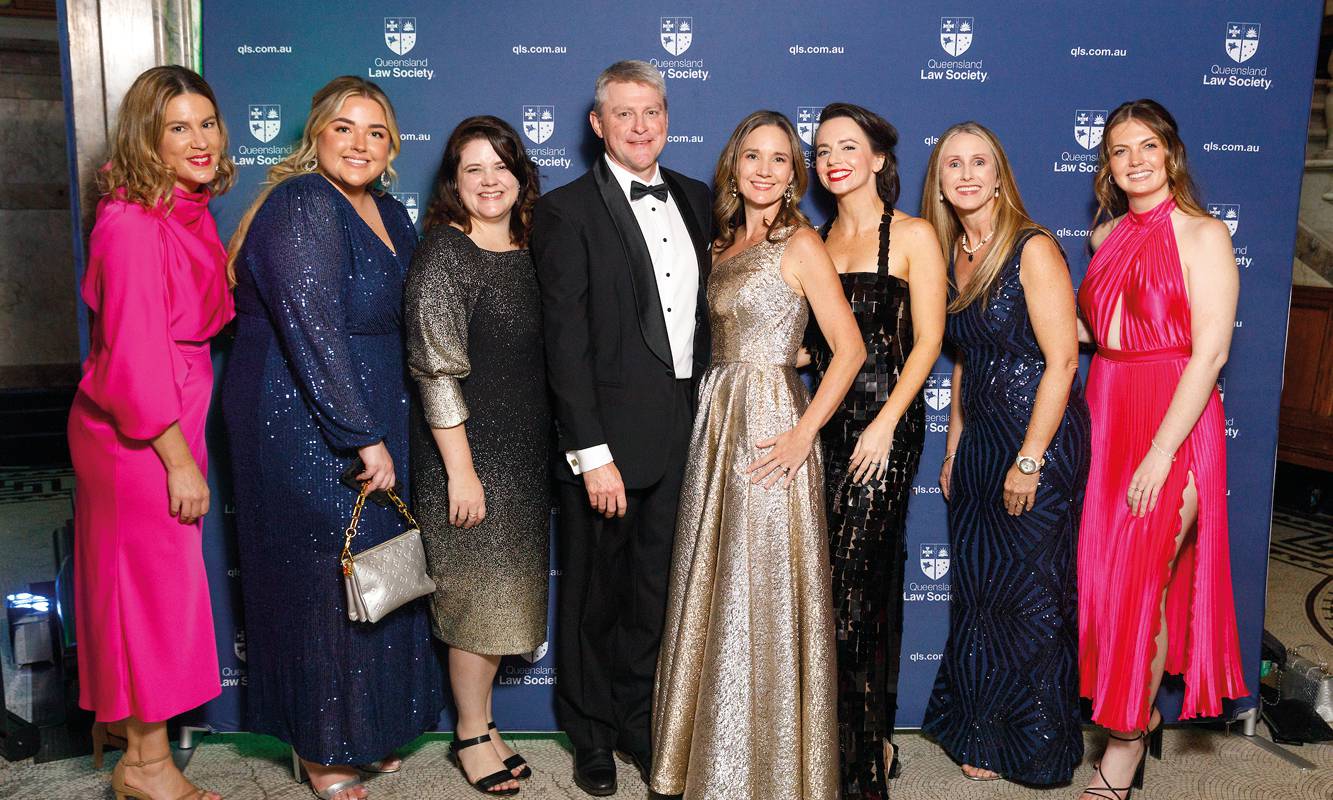
Photo gallery from the QLS 2023 Excellence in Law Awards Gala on 5 August.
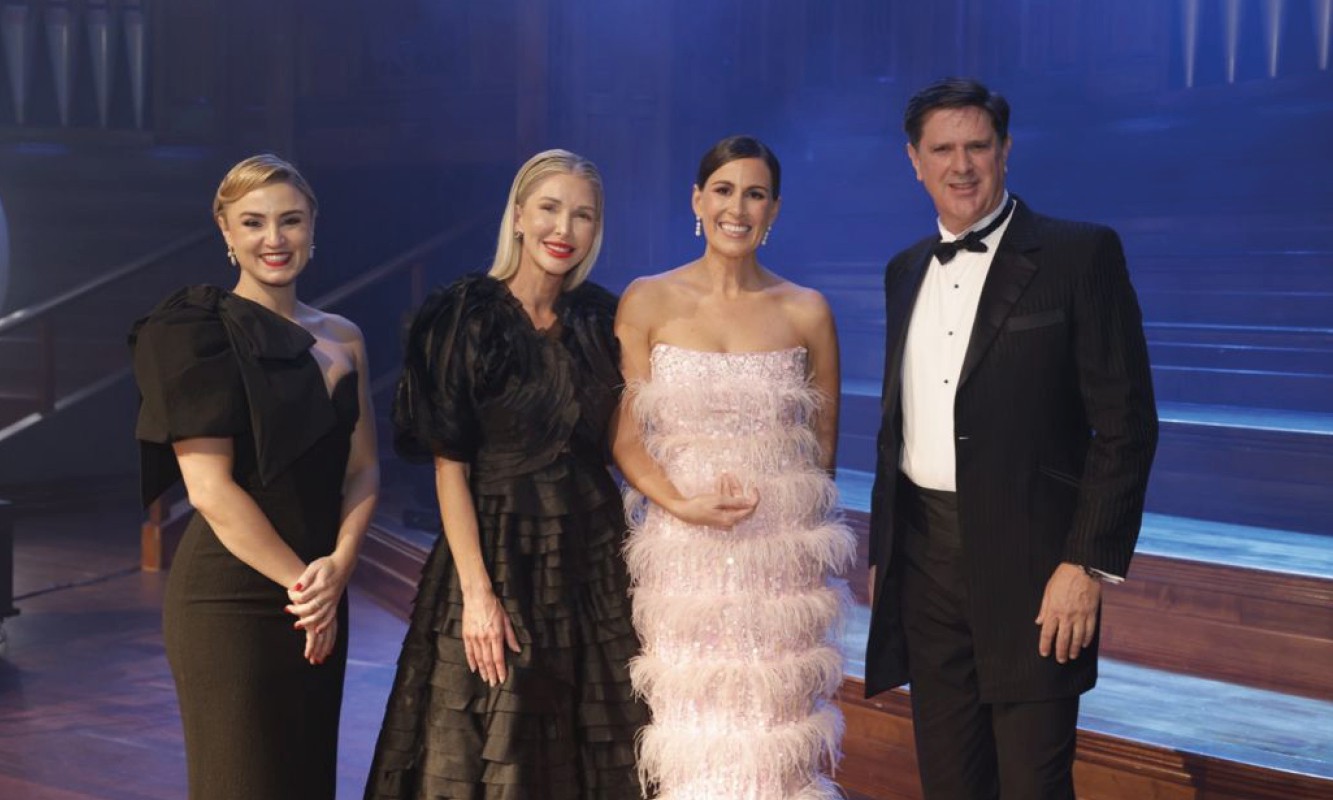
Meet this year’s QLS Excellence in Law Awards winner – Mel Scott and Keypoint Law
150 years
This year, QLS is celebrating the 150-year anniversary since the first law society in Queensland. QLS Proctor publishes a special series of articles to mark the occasion.
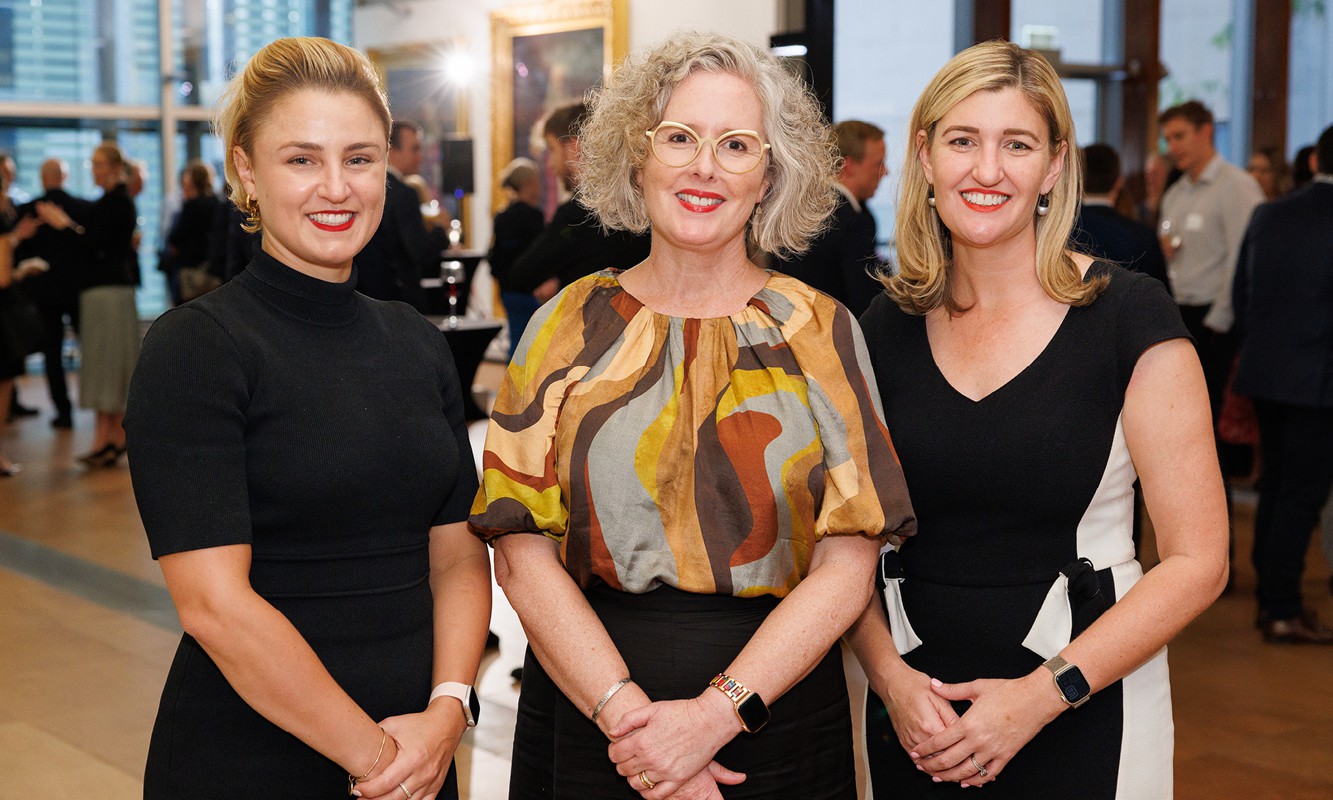
On 7 August 1873, 15 influential solicitors met in Brisbane’s Supreme Court and agreed that the legal profession was in need of a representative body.
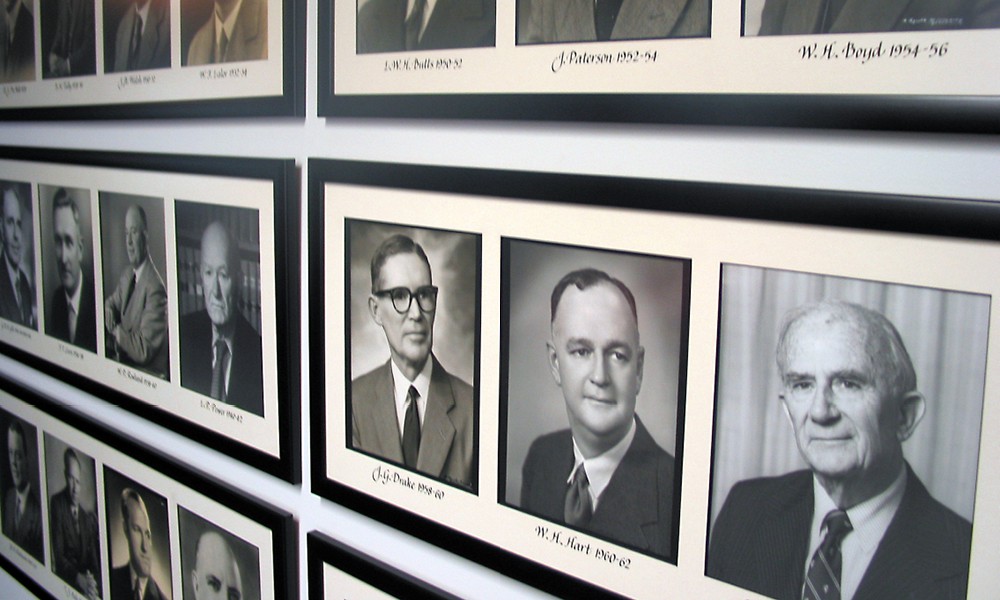
Much has changed in the 150 years since the first Queensland law society was formed – take a look back at some of the key developments and events.
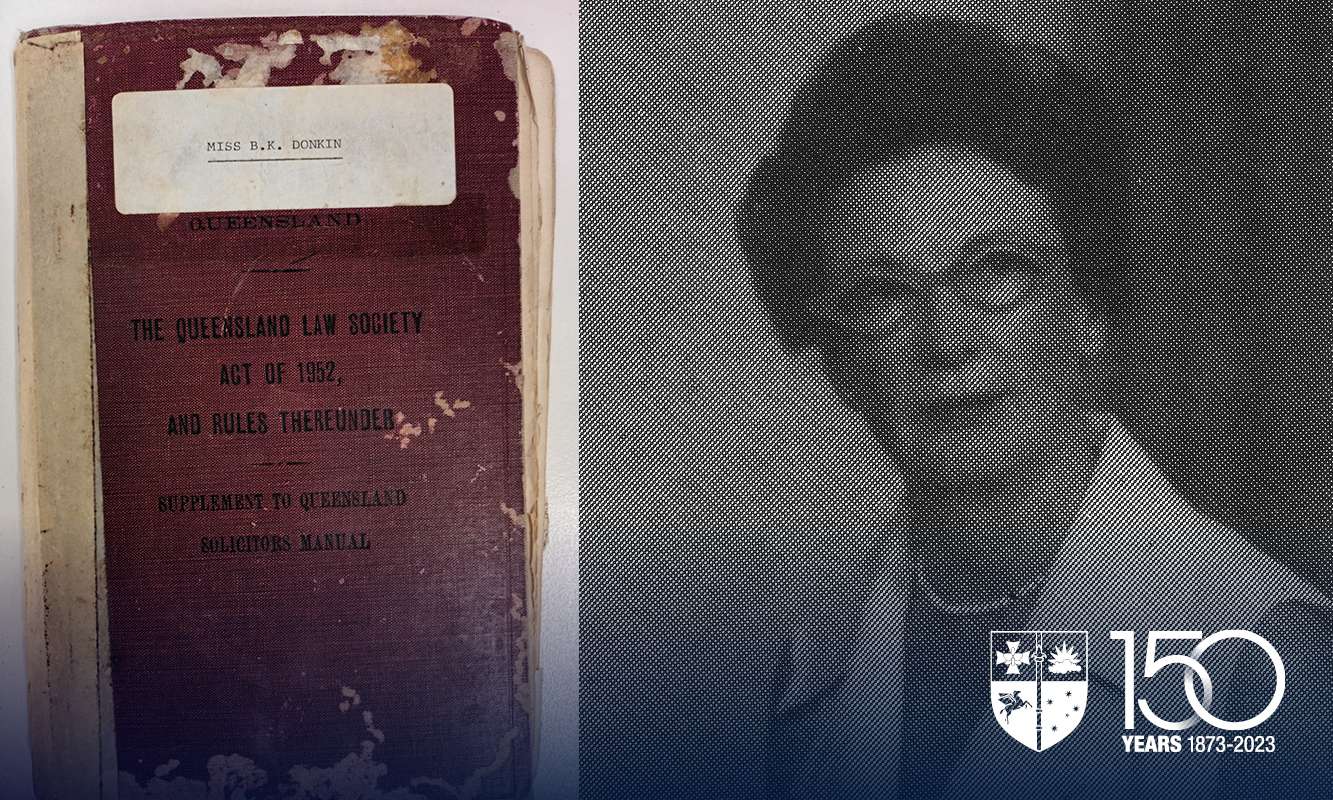
Sexist remarks may have been banished from mainstream media, by and large, but things were obviously different back in 1954.

How has the part women play in the legal profession changed over time? Queensland Law Society female Past Presidents share their reflections with QLS Proctor.

Below is the full text of Judge Rinaudo’s keynote address. Minor edits have been make for clarity. “Thank you President and Symposium Committee for inviting

2003 QLS President Glenn Ferguson reflects on the tumultuous changes that saw his presidency extended by a year.

Dr Jeff Mann describes the issues and achievements that have marked his long association with QLS.
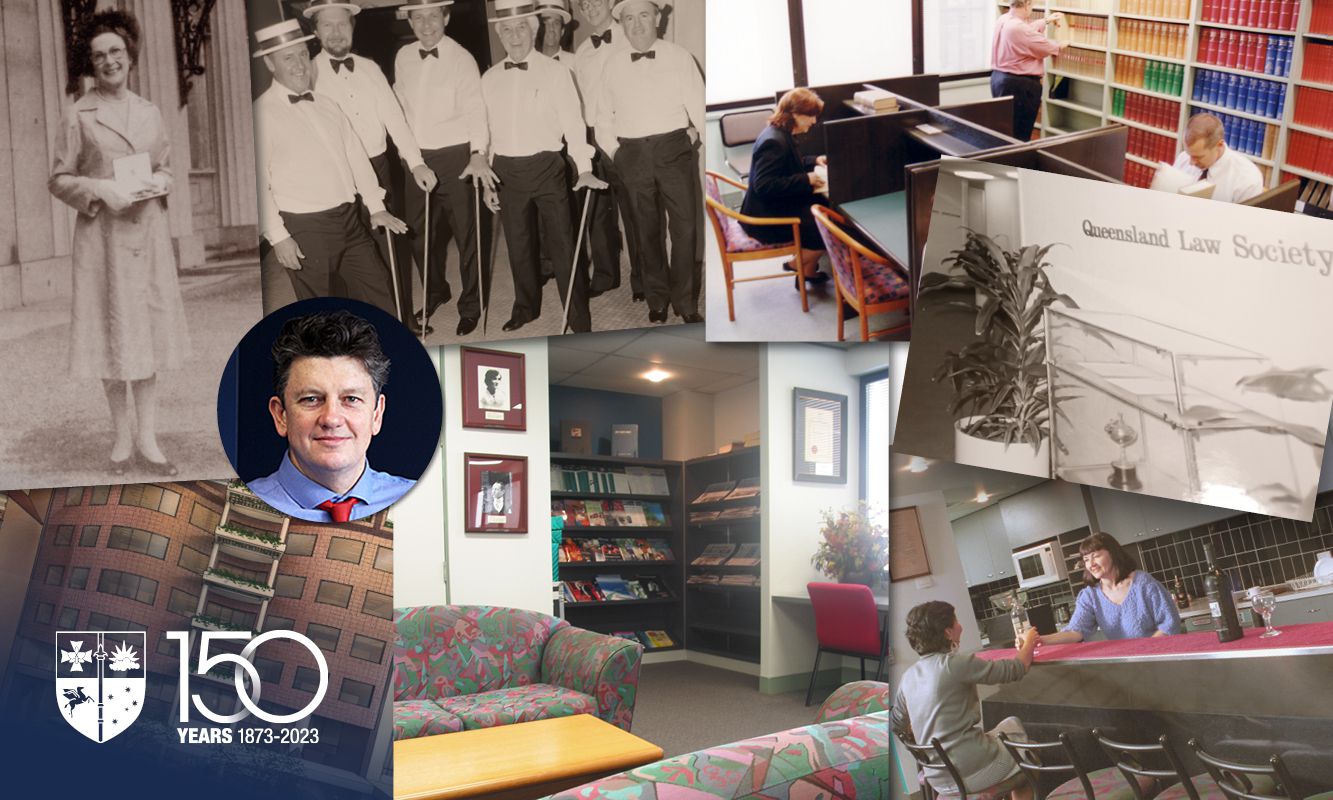
Shane Budden offers a unique view of the 150 years of history of a Queensland law society.
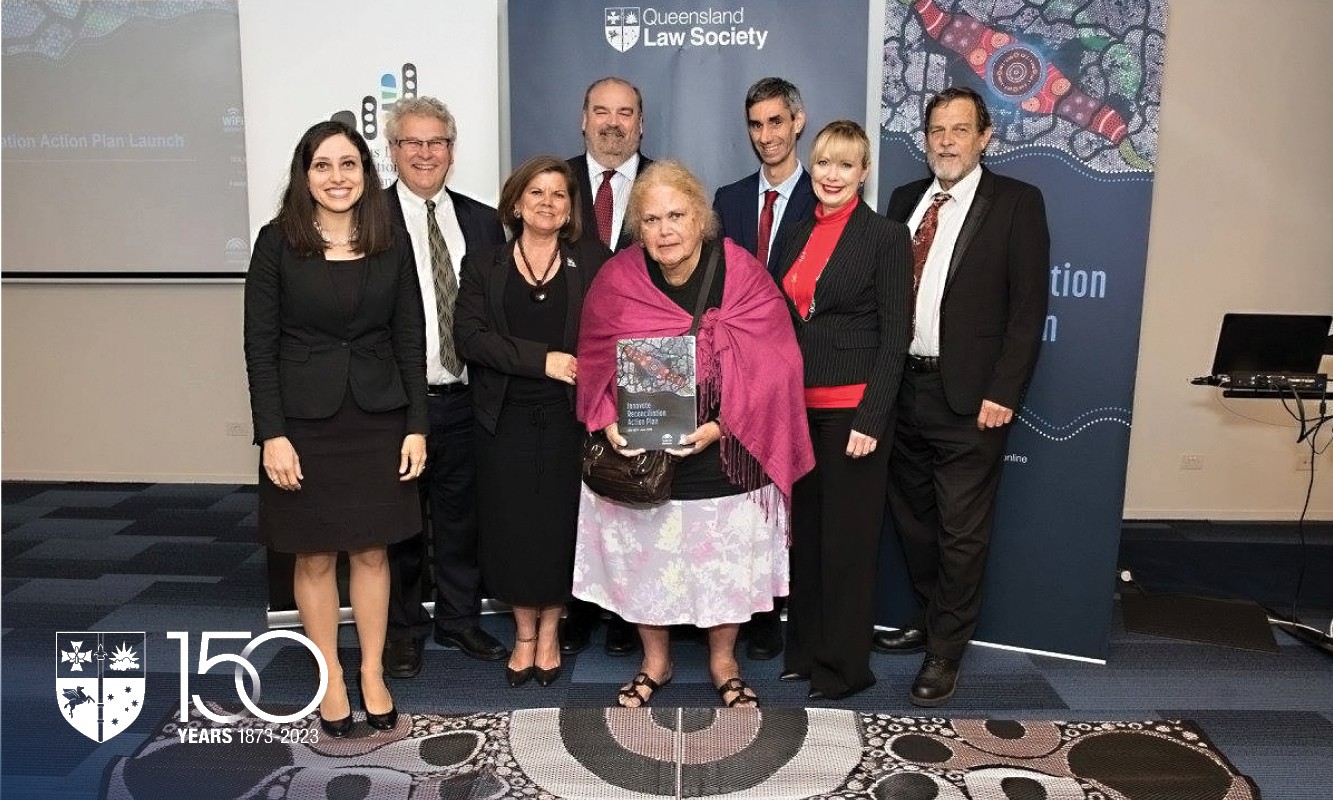
QLS highlights its First Nations journey during National Reconciliation Week 2023.
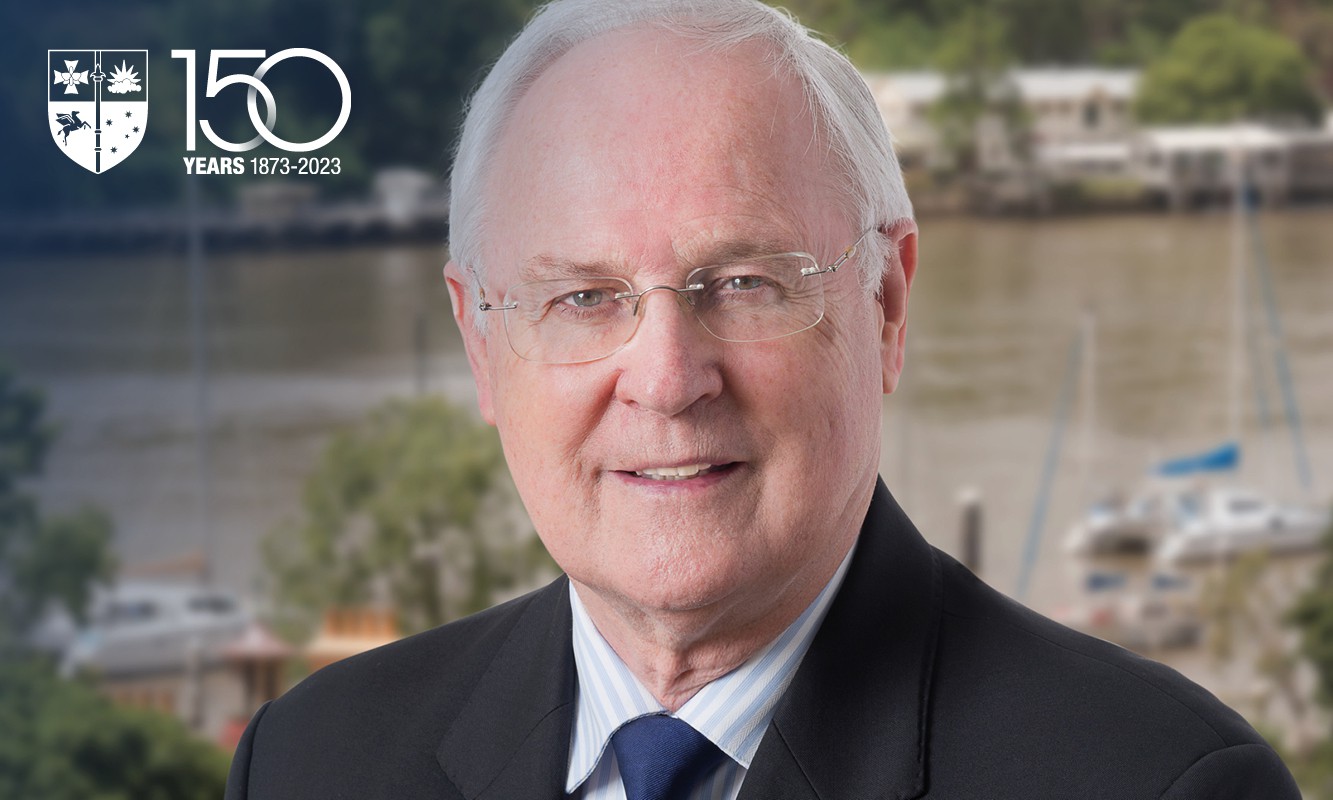
Today, 2012 QLS President Dr John de Groot continues to make contributions to the Queensland profession, a service that began shortly after his admission.
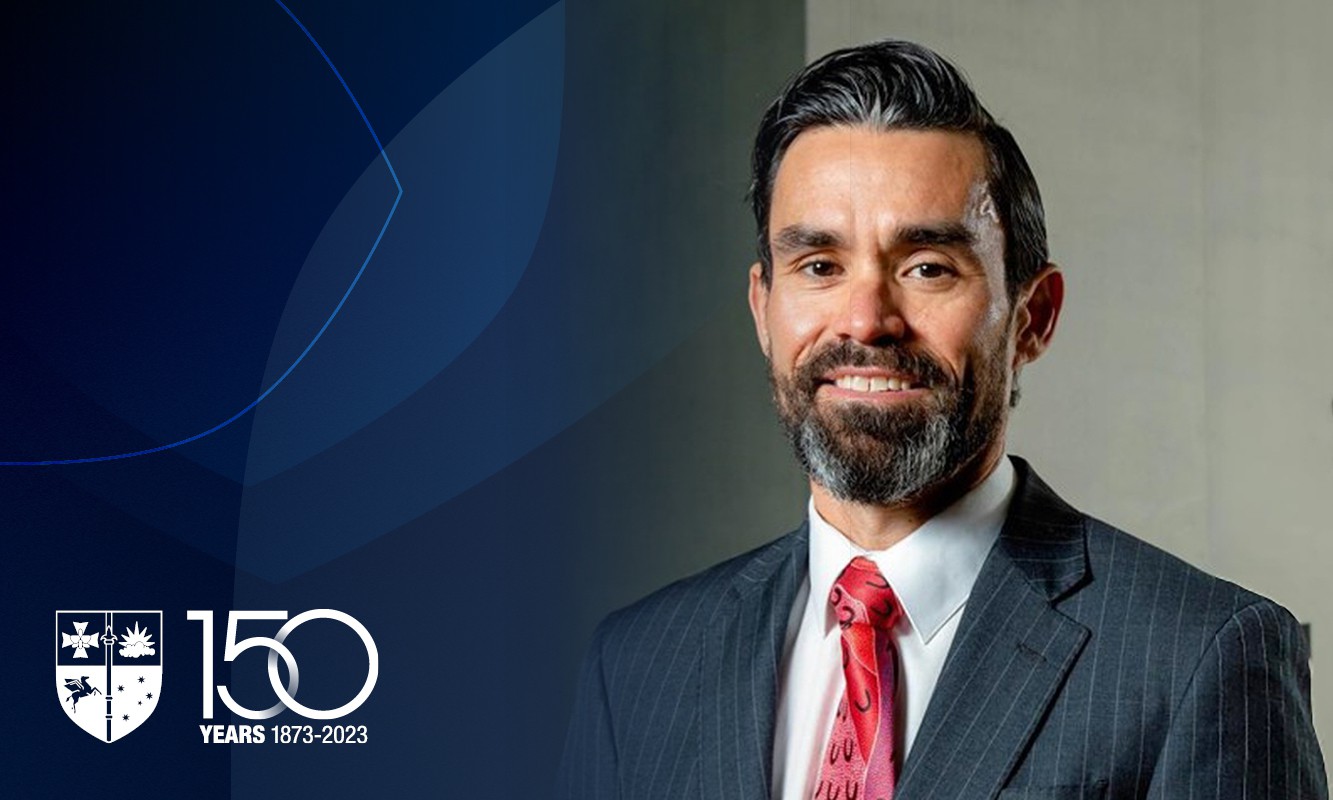
In NAIDOC Week and as QLS celebrates its 150-year anniversary, we speak with the first Indigenous person to be appointed a judge of the Supreme Court in Queensland.

QLS is celebrating 150 years of advocating for good law and serving the public good. In this two-part series, we look back on the Society’s positive impacts on the community, starting with the first 75 years.
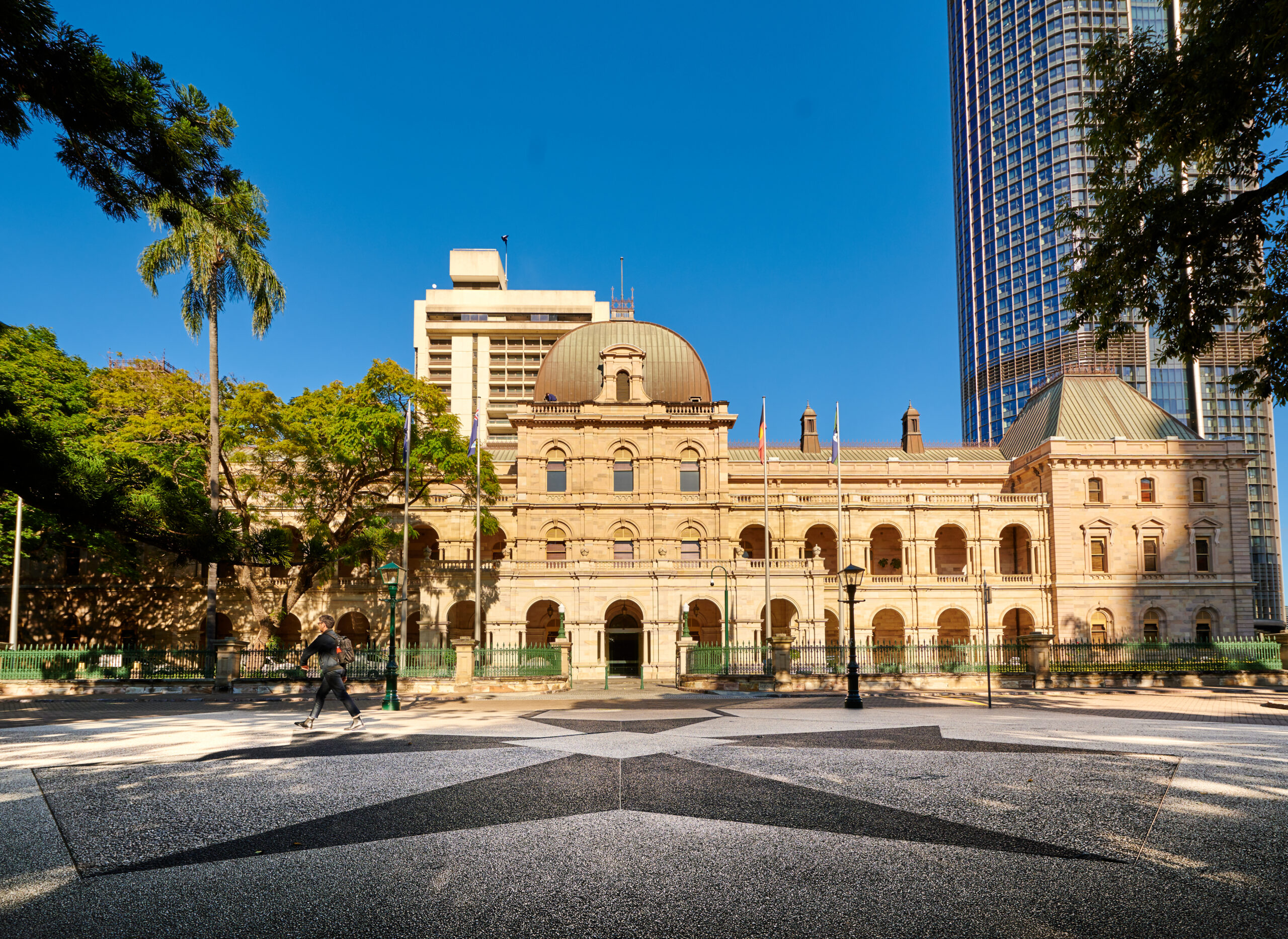
QLS Law Clerks Jaime Gunning and Caiti Betts look back at the history of the Society’s advocacy role over 150 years.
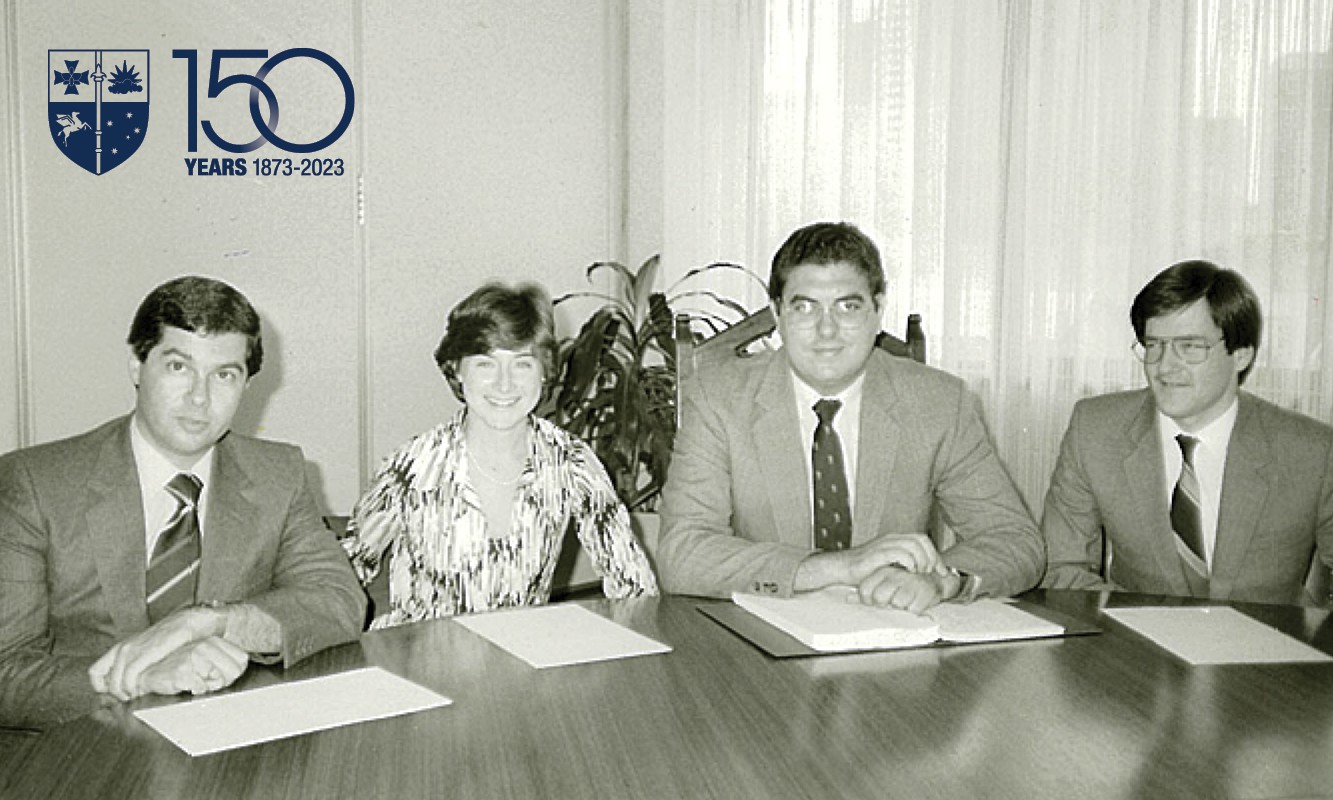
Early career lawyer committees have a long history at QLS; first emerging in 1965 as a new sectional group called the Young Members Committee.
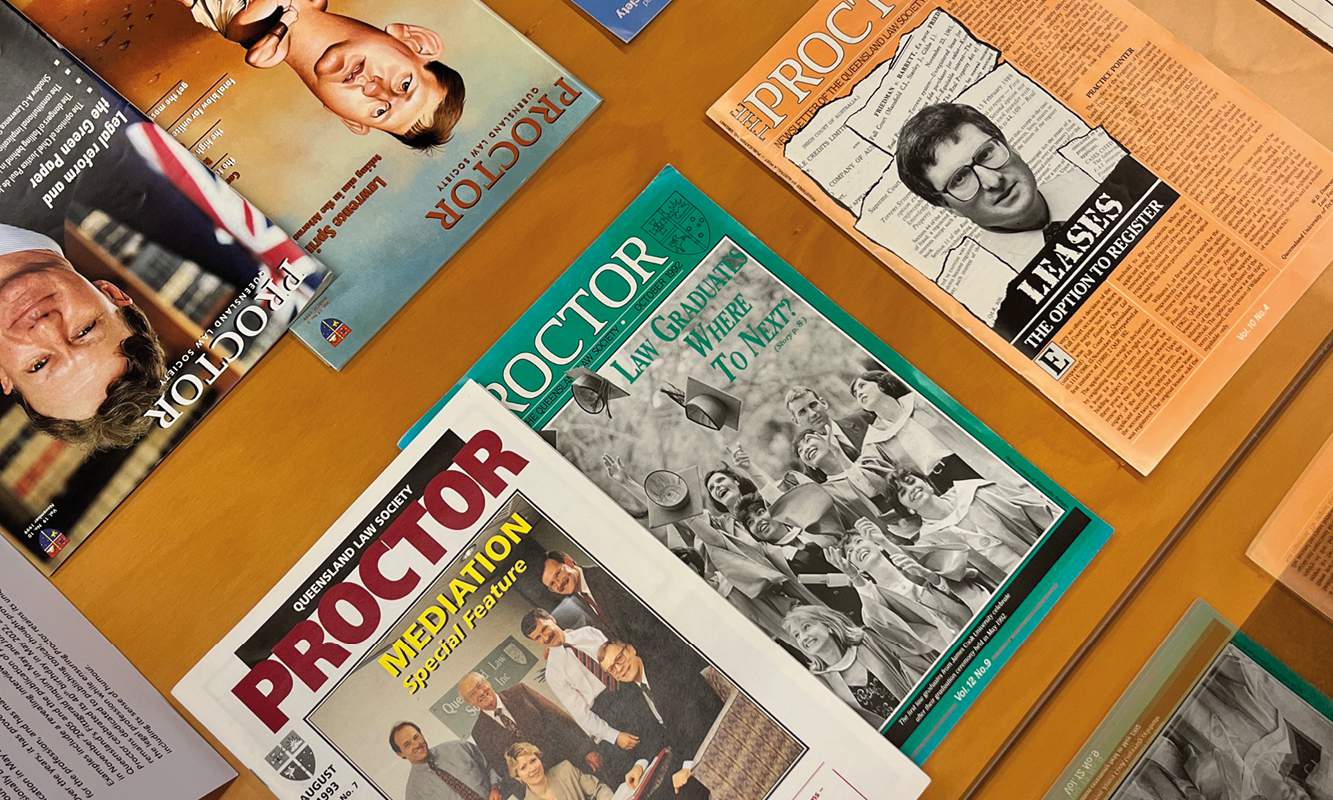
The joint QLS and Supreme Court Library Exhibition, A Force For Good: past, present and future, was officially opened last night.
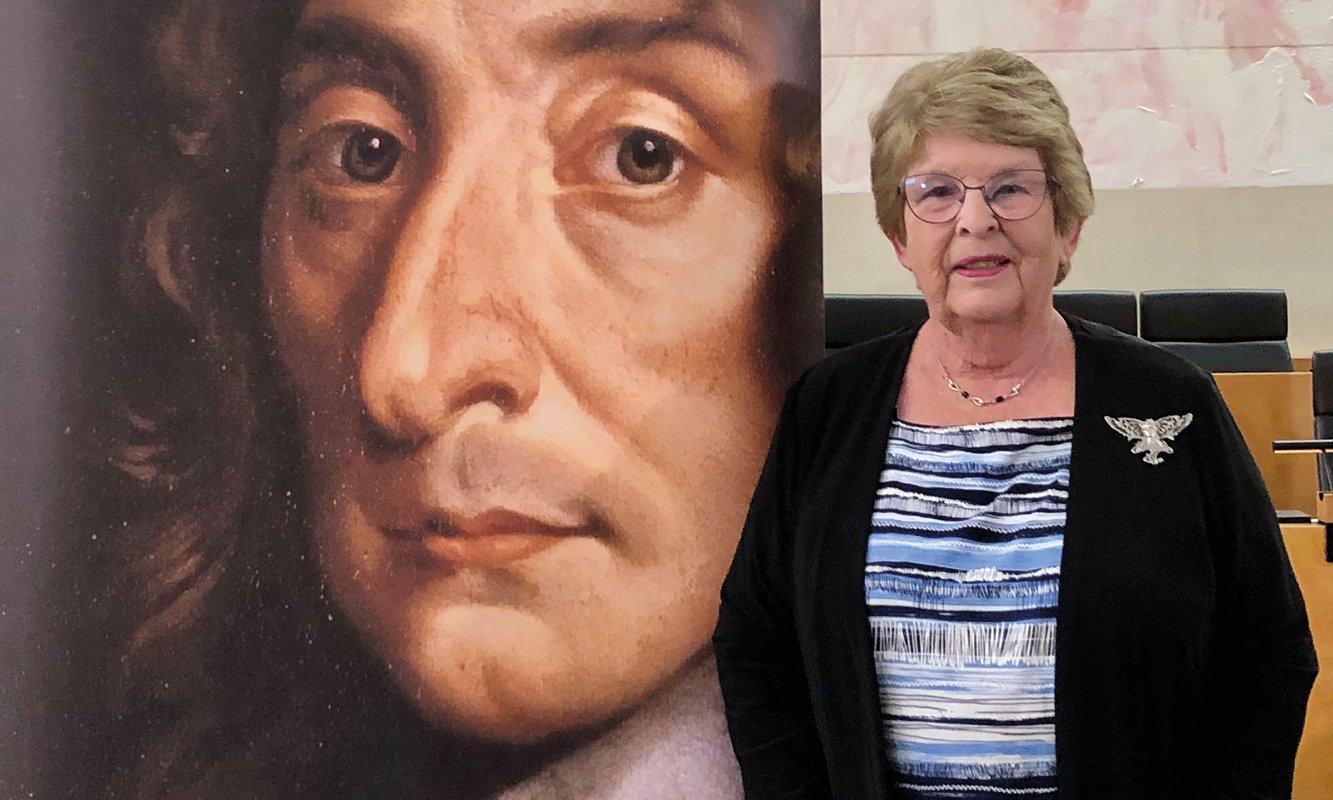
Historian Helen Gregory shared the colourful history of the state’s lawyers struggle to enhance, regulate and maintain professional standards at the Selden Lecture.

QLS First Nations Legal Coordinator Heather Ferris was fortunate to speak with Magistrate Jacqui Payne about her extraordinary journey to the judiciary.
Legal practitioners, as trusted advisors, are in a key position to detect elder abuse among clients. QLS Proctor takes a closer look at the complex dynamics at play.

This article highlights six subgroups of older persons that are particularly vulnerable to elder abuse.

Practitioners should understand the characteristics of those who are most likely to perpetrate elder abuse.

15 June is World Elder Abuse Awareness Day.
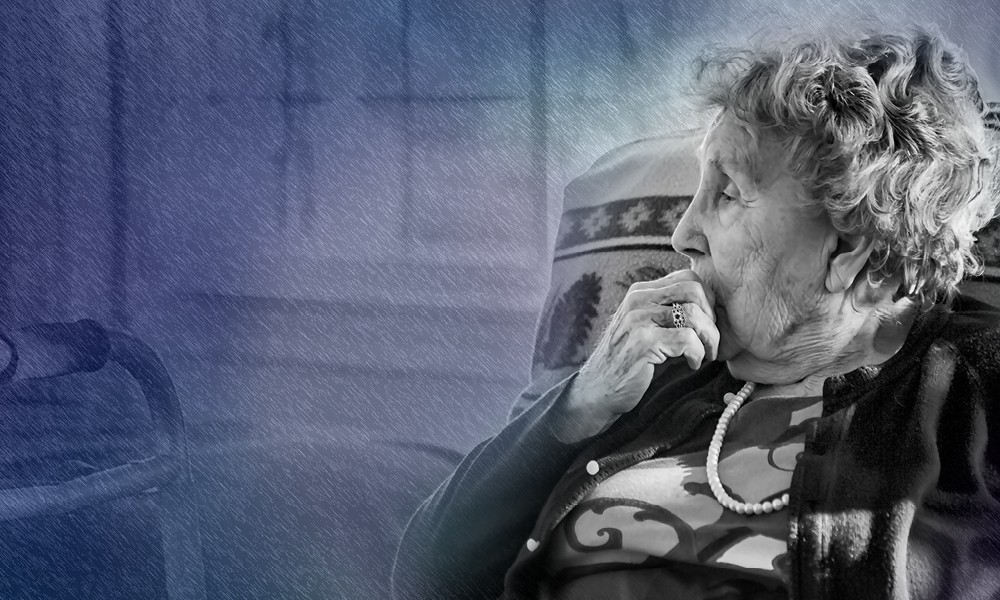
Although the extensive reforms accepted by the Government will take some time, a number of interim measures have been implemented.
A new research project is looking into whether Queensland law graduates and newly admitted lawyers are adequately prepared for the ‘real’ world.
In the coming weeks we will hear from two young lawyers, a magistrate and a law association president about their views on this topic.
A new research project aims to answer the question of whether Queensland law graduates are ready for the ‘real’ world.

Two young lawyers discuss their experiences of entering the legal profession and practising law after graduating from university.

These days Deborah Vasta is a well-respected magistrate at the Magistrates Court of Queensland. But rewind 30 years and she was, like many others, a

An early career lawyer who already leads a district law association has some important advice for today’s law students.
World Elder Abuse Awareness Day occurs on 15 June each year. This issue remains a grave concern for the community and appears to have worsened during the COVID-19 pandemic. QLS Proctor has assembled articles that paint a disturbing picture of the current state of elder abuse in Australia.
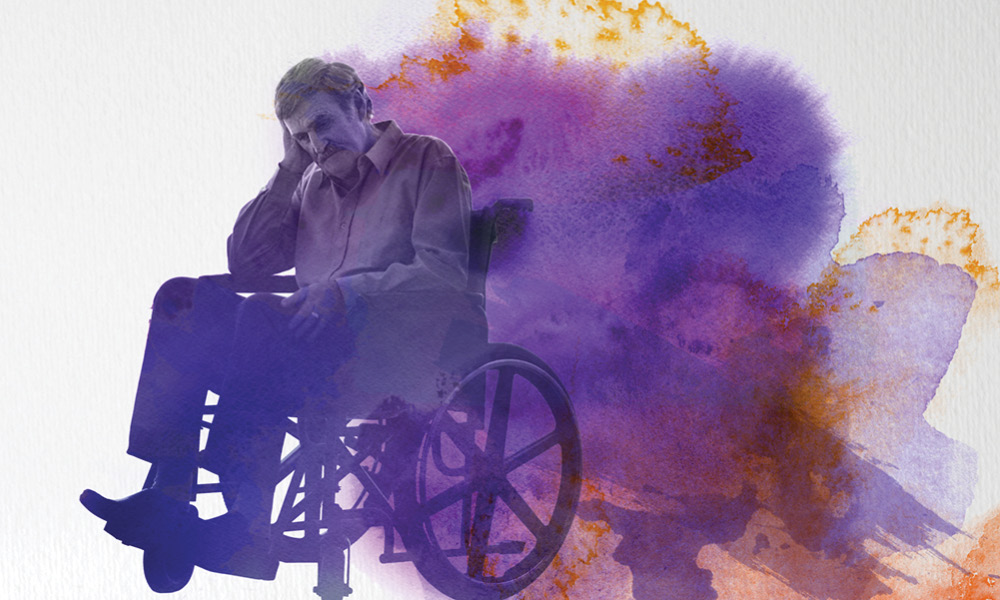
Enduring powers of attorney (EPOAs) are important tools that allow older people to choose the person (or persons) who will make financial decisions on their

Prior to the COVID-19 pandemic, the Australian Institute of Family Studies reported that between 2% and 14% of older Australians are likely to suffer financial

The Royal Commission into Aged Care Quality and Safety, in its interim COVID-19 Report released in September 2020, highlighted that 74% of the Australians who
In 2019, Proctor took an in-depth look at the issue of youth justice and detailed the (then) current state of affairs in youth justice and spoke to people who dealt with the issue on a daily basis. Given the current focus on the issue, QLS Proctor has re-published these articles to help inform and inspire conversation around youth justice. More articles will be added to this Spotlight series as the current debate on youth justice unfolds.

Hundreds of caged children as young as 10, sharing prison-style common areas with pedophiles, locked up for weeks in solitary confinement and wanting nothing more than to speak to their mothers.

This article, by Damien Atkinson, first appeared in the July 2019 edition of Proctor. Happy children don’t do crime. They aren’t out late, rolling people

This article, by John Robertson, first appeared in the July 2019 edition of Proctor. Tony Keim’s article in the June 2019 Proctor, ‘Suffer the children’,

What has been achieved to help rectify the problem of dozens of children held in dangerous adult police watch houses?
On 1 January, this year, Queensland introduced ground breaking new laws to enshrine protections guaranteeing the human rights of every person.
As the clock prepares to ring in the first anniversary of Queensland’s Human Rights Act, QLS and Caxton Legal have collaborated to produce the series of articles and perspectives documenting the long-road to the legislation, its application so far, as well as the impact the laws may have on Queenslanders in the short and long term.

International Human Rights Day is an opportunity to promote awareness about human rights among the community and as the legal profession, we share these responsibilities.

Introducing a major change to public sector accountability can be a difficult task in the best of times.

Scepticism about human rights within the Australian legal tradition is long-held and takes many forms.
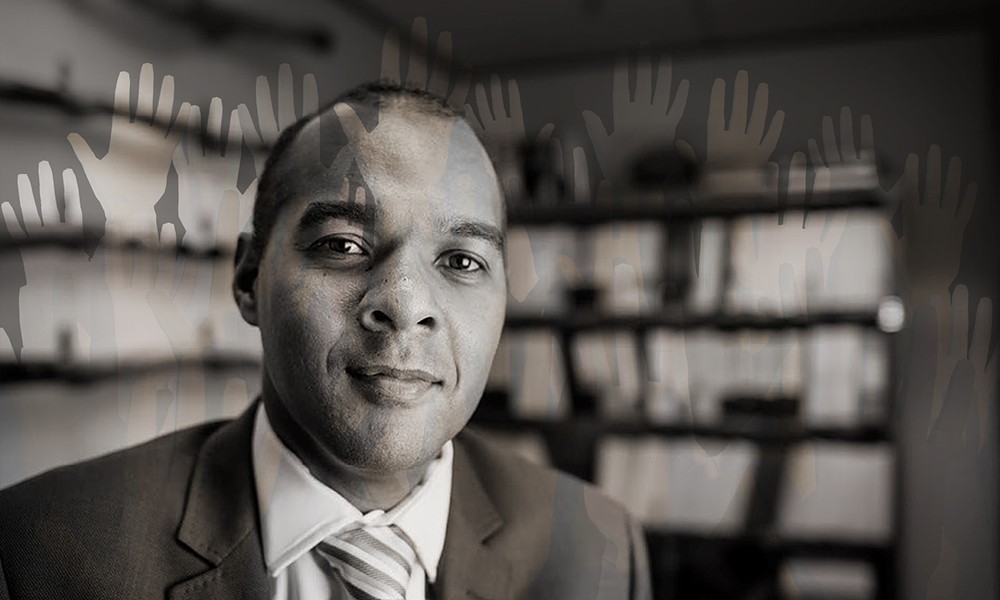
I am very fortunate to be one of the very few First Nations people to be practising at the Bar in Australia. My identity and
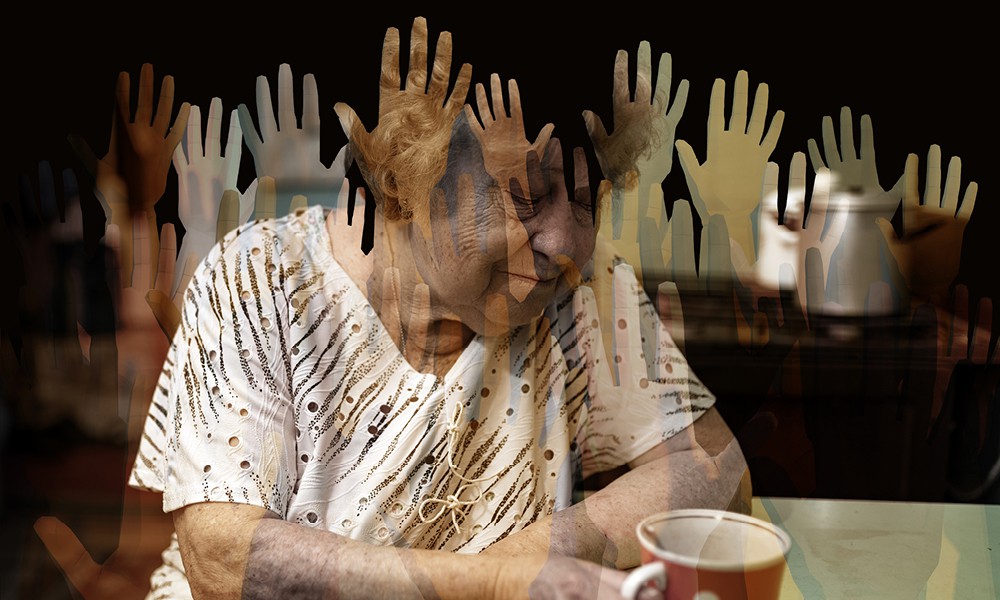
More than seventy years have passed and the General Assembly is still debating whether older persons need their own human rights treaty.
Queensland Law Society supports government and community efforts to fight domestic and family violence, with a focus on ensuring that lawyers are properly equipped to deal with the legal response to domestic and family violence.

A complex and delicate debate has begun between advocates, legal practitioners and criminologists. Should ‘coercive control’ be criminalised to protect victims of DFV?

In a follow-up to Gracie’s story, this is Jason’s story and how our community legal centres help to provide fair and equal access to justice.

Throughout Queensland, solicitors regularly spend long-hours toiling away, volunteering their time free-of-charge to assist significantly under-funded community legal centres to provide fair and equal access to justice to the community’s most vulnerable people.
Demand for the services Queensland Coronial Legal Service provides is set to increase as Queensland’s population grows.

Queensland Coronial Legal Service has received a five-year funding boost to increase its capactiy to assist Queensland families

Demand for the services Queensland Coronial Legal Service provides is set to increase as Queensland’s population grows.

Samantha Wood’s father-in-law Stephen Viner was killed in 2017 after receiving an electrical shock while performing maintenance work in the basement of a commercial property.
Help us shape the future of the Queensland legal profession. The Future Leaders Committee (FLC) is a platform for next generation lawyers to launch their dreams, ideas and thinking for our profession. Read more about the opportunity to lead the profession into the future.

There has probably never been a time the legal profession needed its future leaders more than now. But, why?

While the establishment of a committee comprising of members who are either 35 years of age or younger or have 0-5 years post admission experience (PAE) is not unique, the Future Leaders Committee is.

You may have heard that QLS is launching a new initiative this September—the Future Leaders Committee (FLC)—to specifically give voice to the next generation of lawyers.

QLS has today launched a new initiative – ‘The Future Leaders Committee’ (FLC)
The QLS Access to Justice survey is now open. But what is Access to Justice and why is it important? Read here about why practitioners are passionate about Access to Justice and the value of having your say to help improve this area of law.

QLS Agness McWhinney 2020 and Access to Justice 2020 award winner Jo-Anne Bragg shares her view of what access to justice means to her.

Access to justice and pro bono has always been critically important to Emile McPhee. Find out what access to justice means to him.

And why all practitioners should have their say in the QLS 2020 Access to Justice Survey.

And why all practitioners should have their say in the QLS 2020 Access to Justice Survey.
Just like that our world changed. And while we weren’t ready for it, we do need to be ready for the new normal by refining and adapting our practice and procedures. Here are some perspectives, guidance and information to assist you.

We are now relying on phone and videoconferencing facilities. It might seem easy enough to simply subscribe to an online videoconferencing provider – but have you considered the need for staff training to highlight security features and concerns of your chosen videoconferencing platform?

Showing kindness to ourselves, practising radical acceptance of who we are and taking care of our emotional, mental and spiritual needs are not things that are taught to us much, if at all.
Granting of parole – or early release – is a controversial topic that always generates heated debate. Is early release of prisoners back into the community just a revolving door of justice or is the purpose of parole misunderstood?
QLS members are being urged to have their say on the consultation paper, Reforming Australia’s anti-money laundering and counter terrorism financing (AML/CTF) regime, which was
The Federal Circuit and Family Court of Australia has released a new Practice and Procedure update following the passage of the Federal Circuit and Family
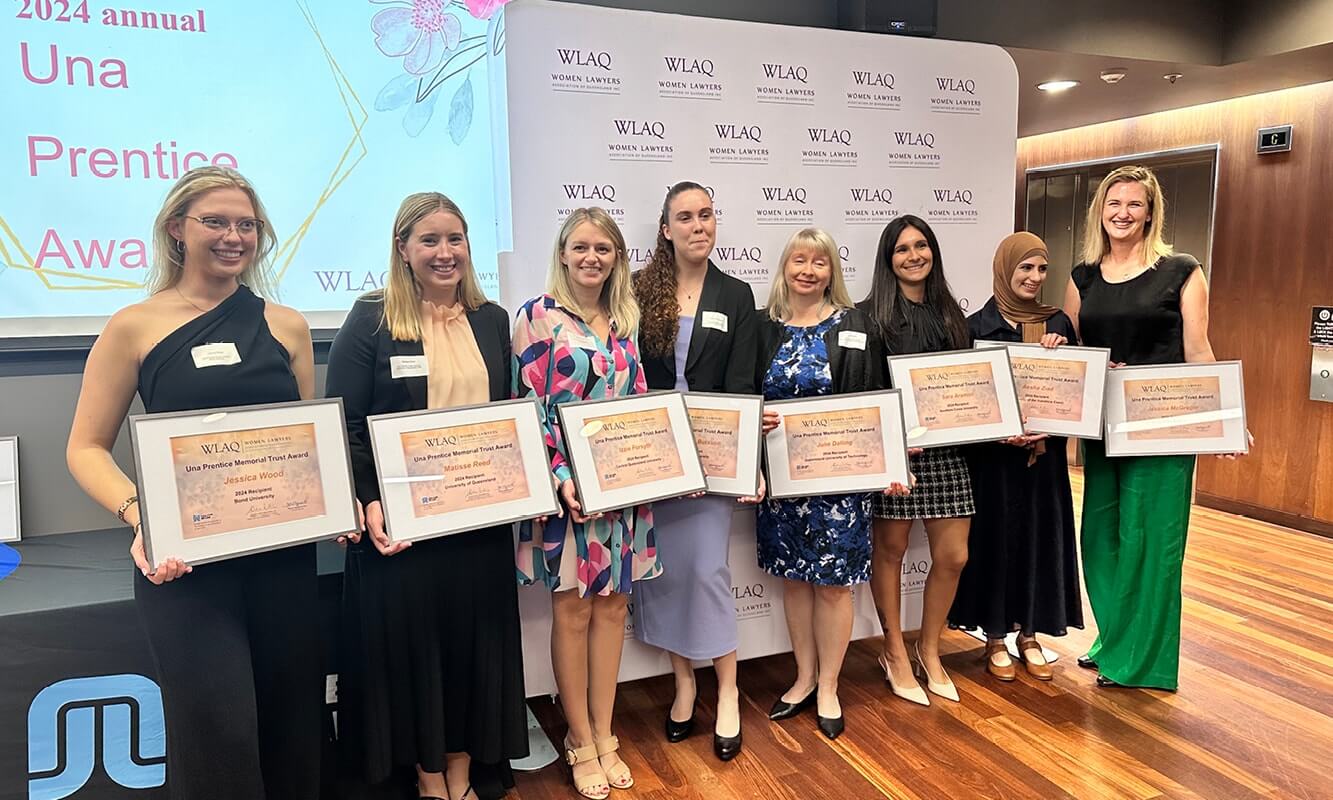
Nine high-achieving female law graduates have received a Una Prentice Award from the Women Lawyers Association of Queensland.
New Supreme Court Justices Michael Copley KC and Rebecca Treston KC will be sworn in at the QEII Courts of Law in Brisbane next week.
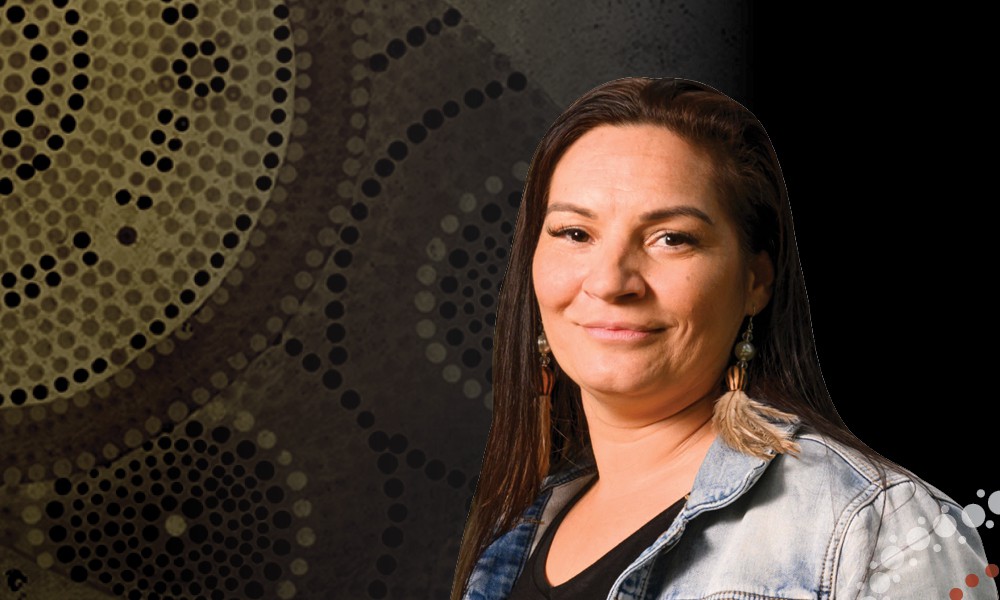
We spoke with this year’s Queensland Law Society First Nations Award winners to learn a bit more about them and discuss their involvement with achieving

We spoke with this year’s Queensland Law Society First Nations Award winners to learn a bit more about them and discuss their involvement with achieving
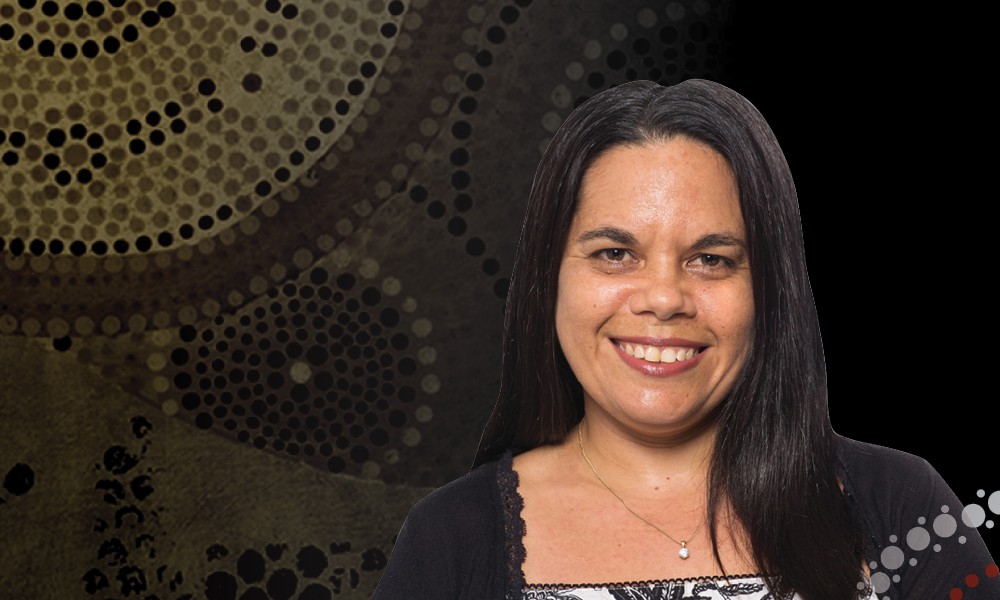
The 2022 QLS Excellence in Law Awards are now open for peer nomination, with the added inclusion of four new award categories this year. Queensland
179 Ann Street, Brisbane QLD 4000
1300 367 757
proctor@qls.com.au